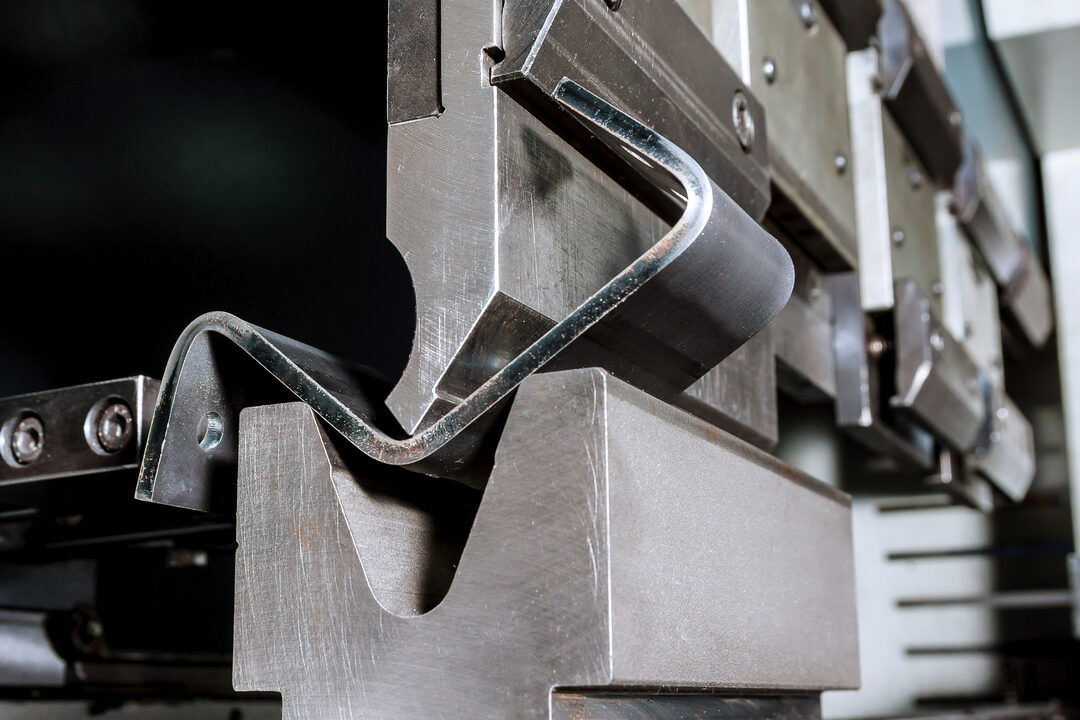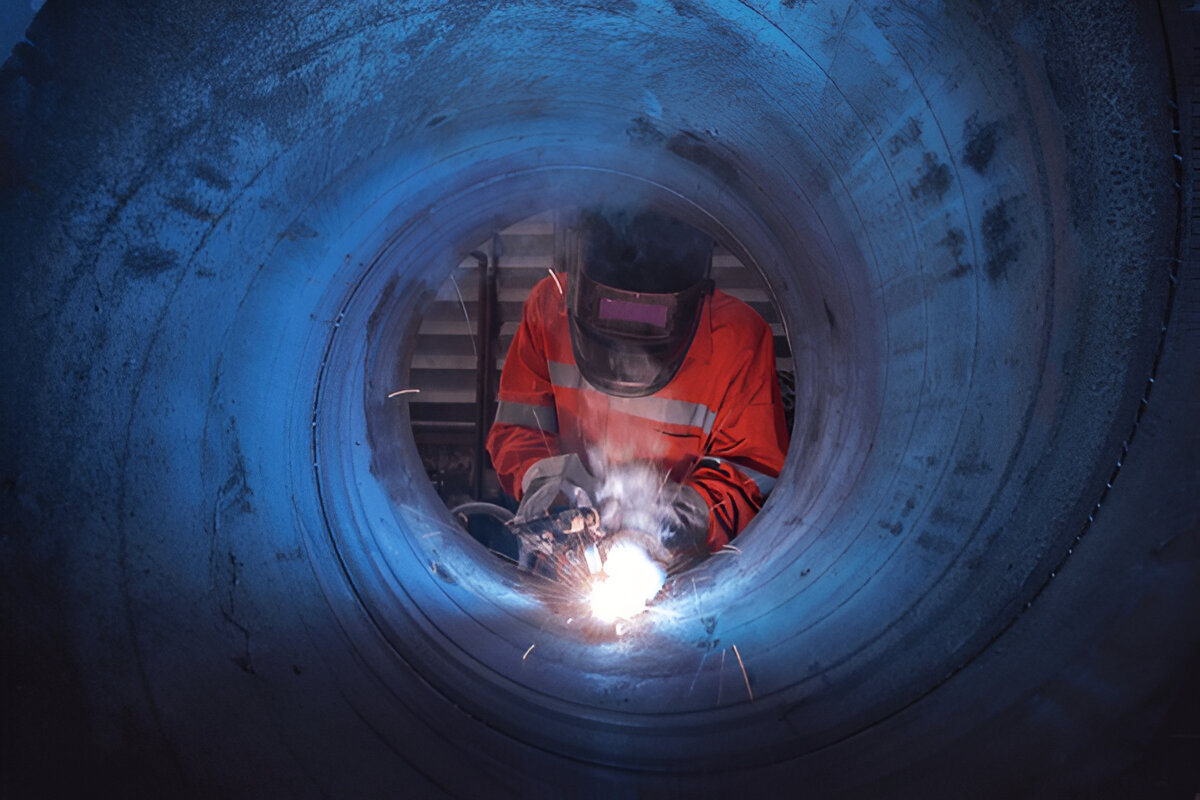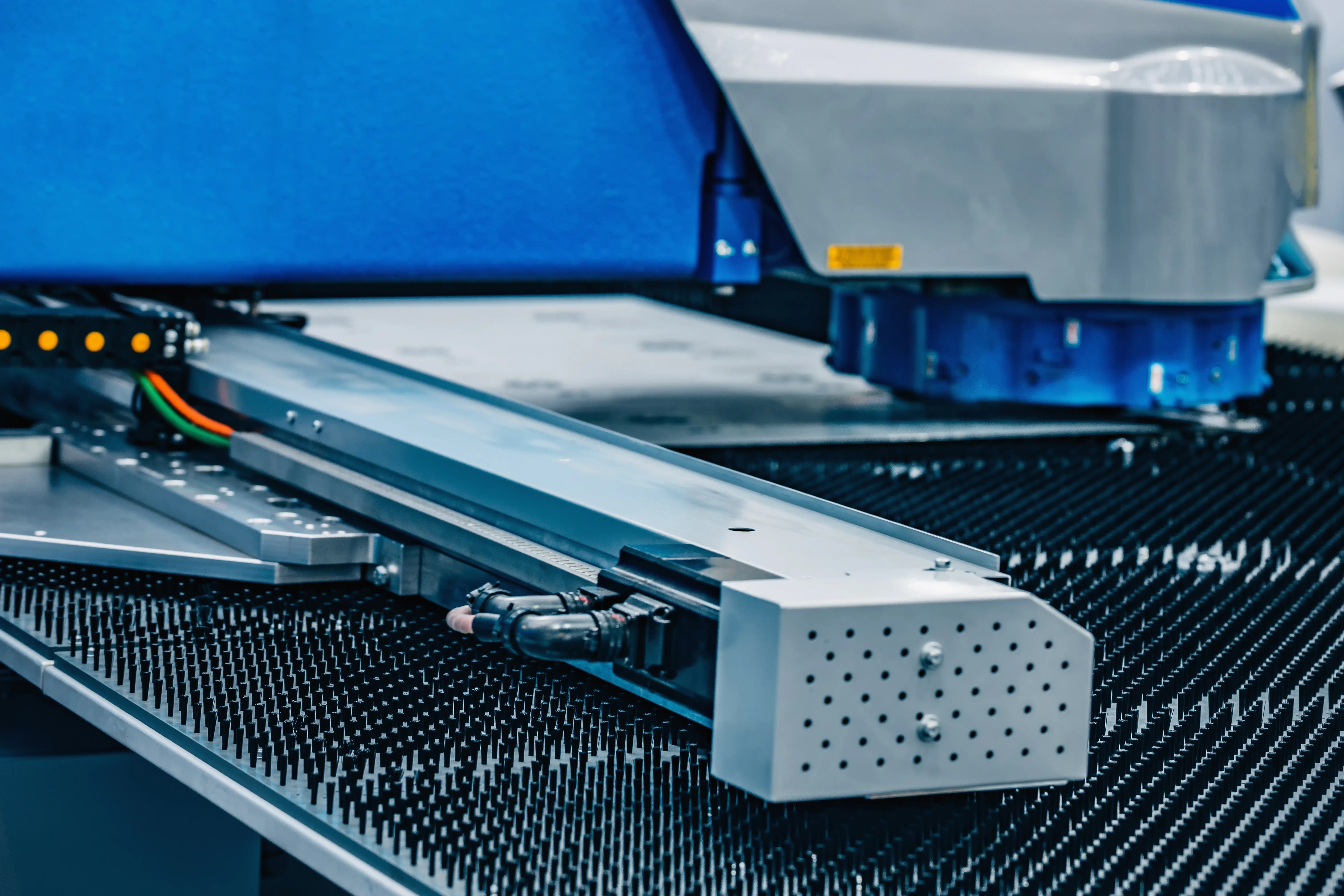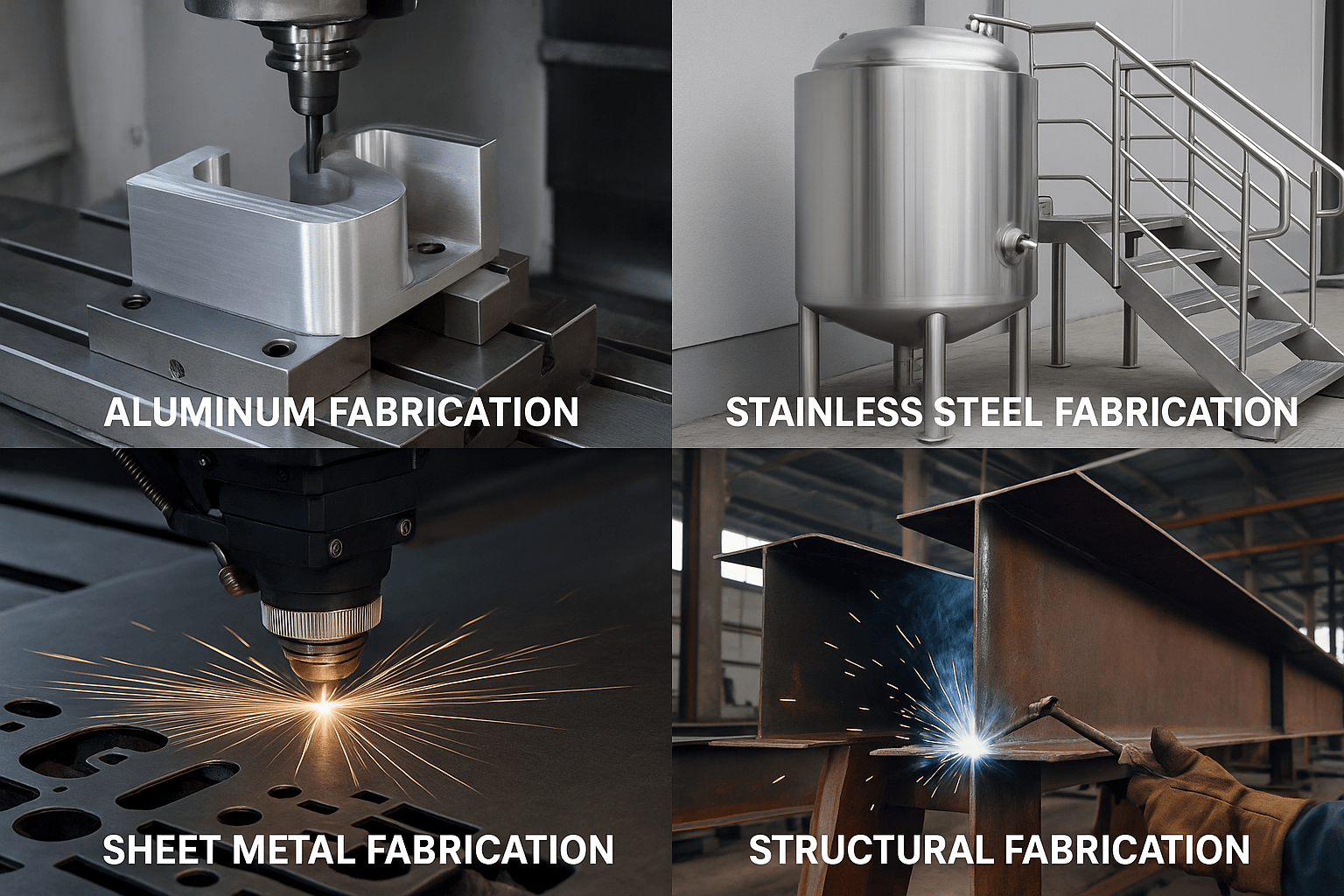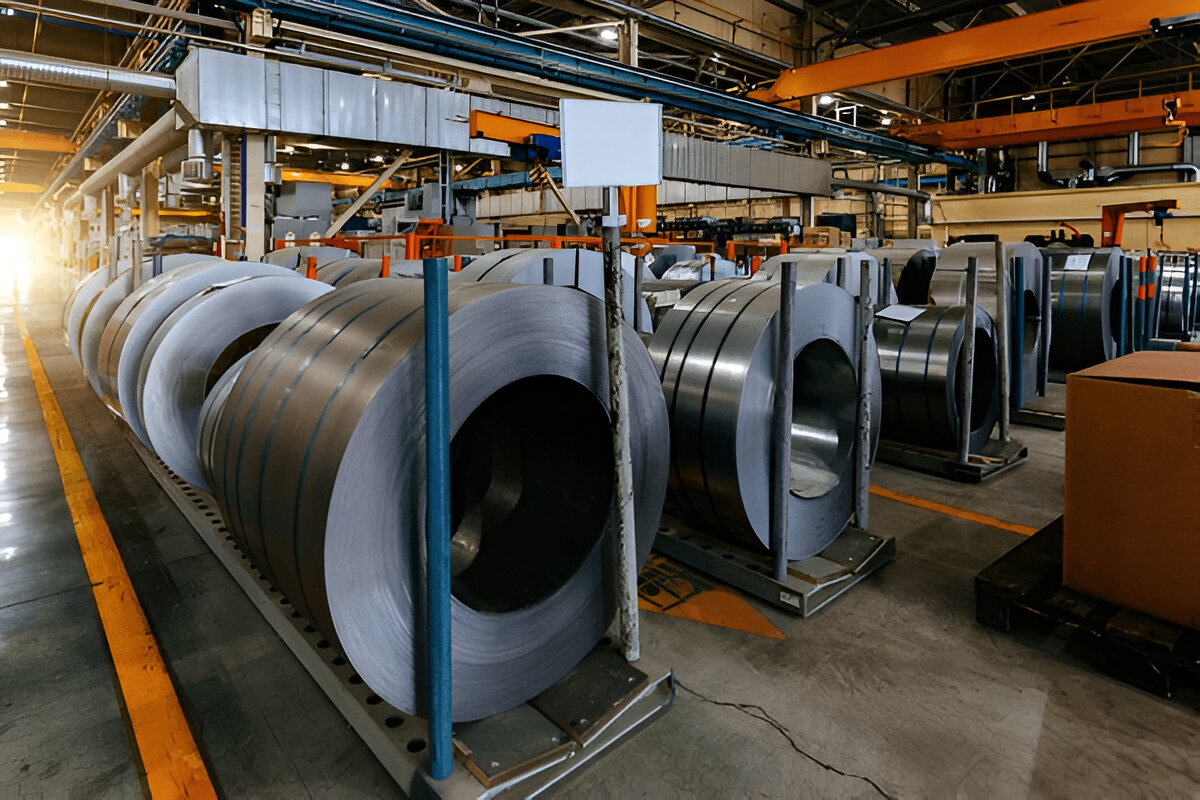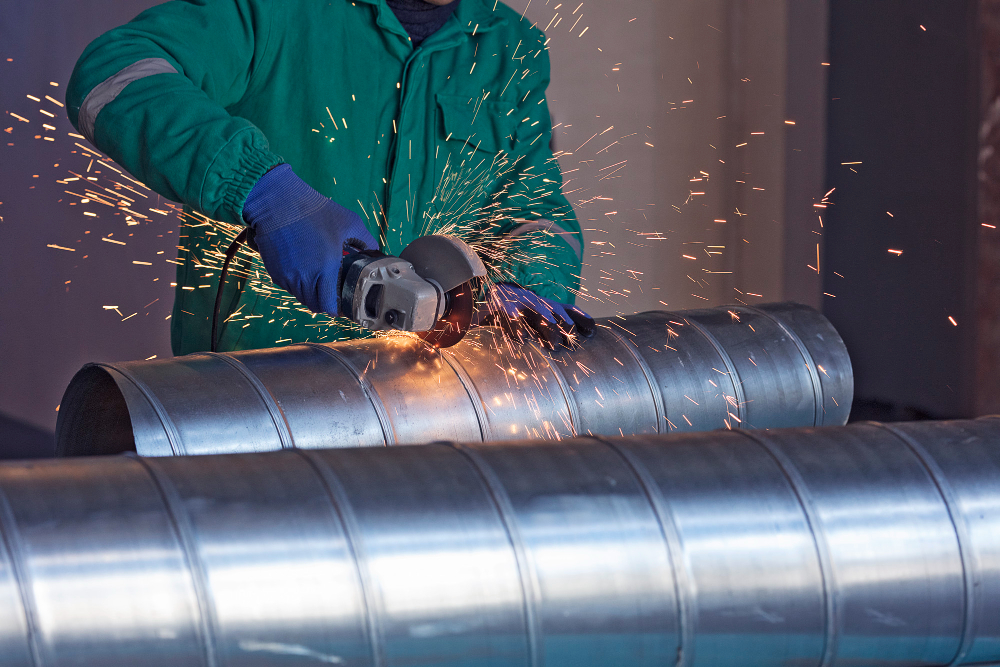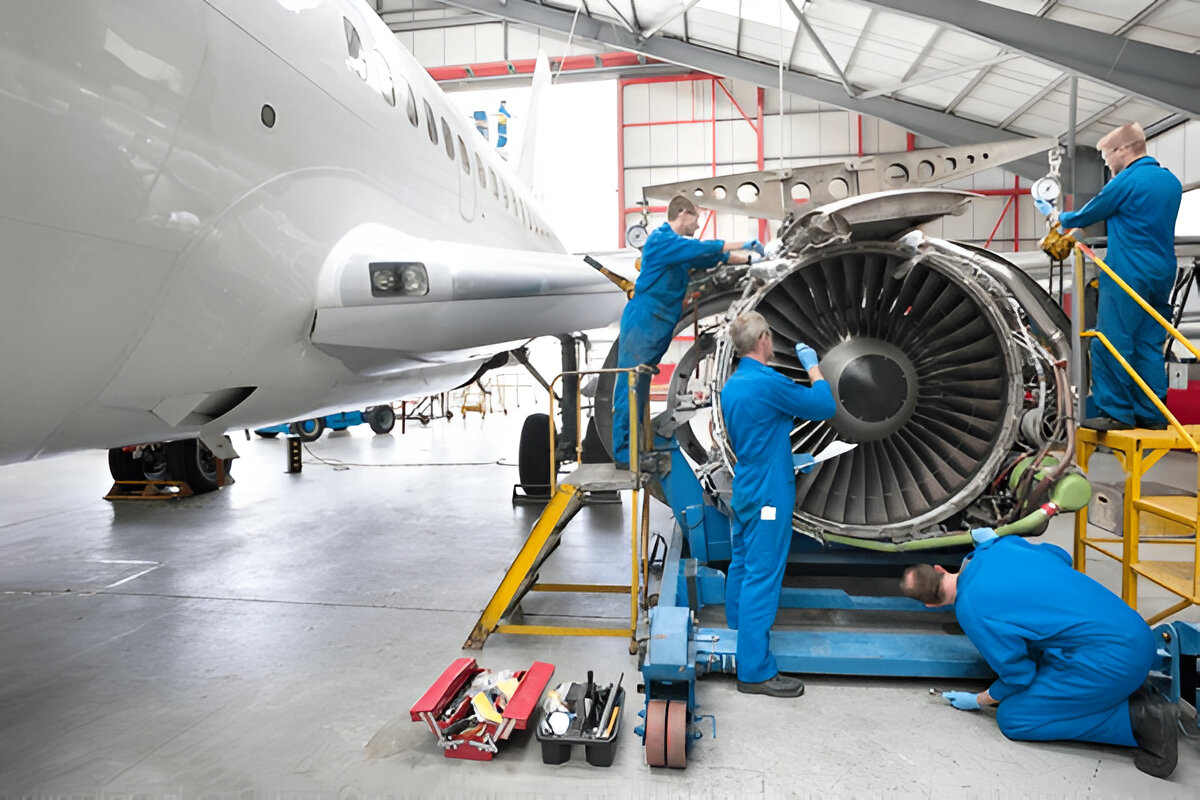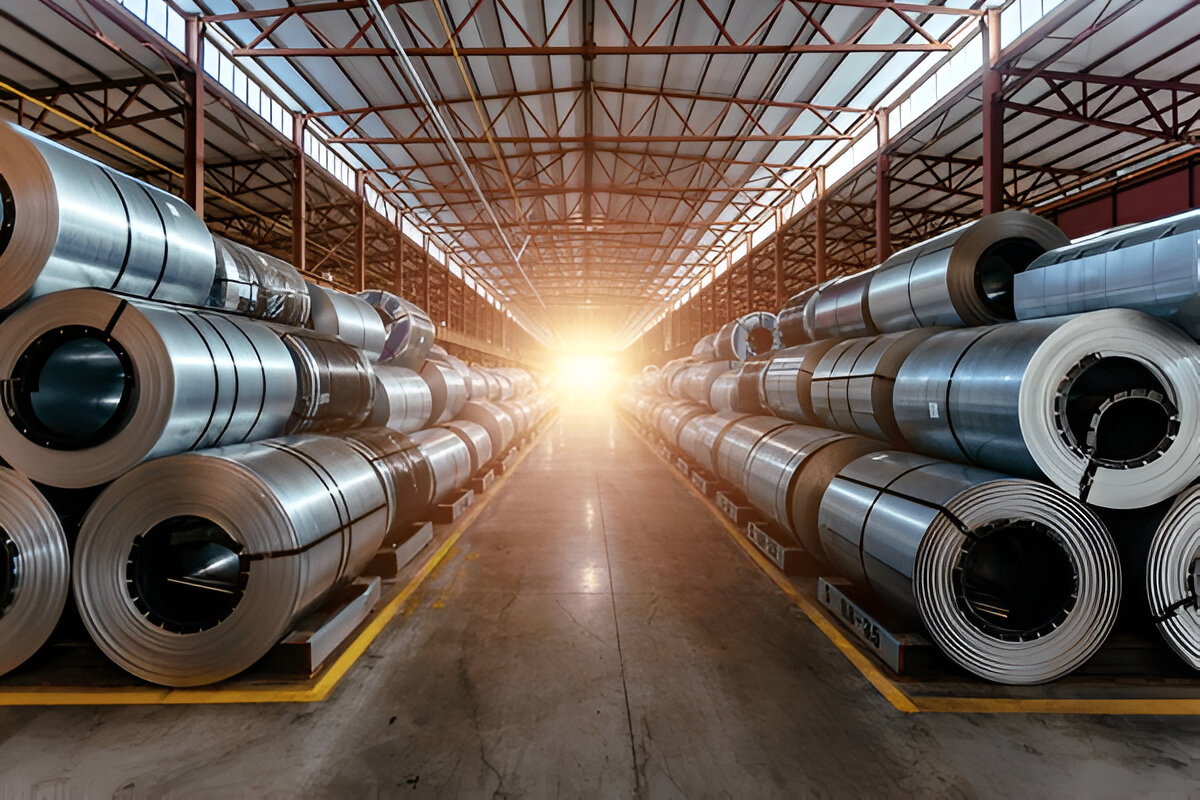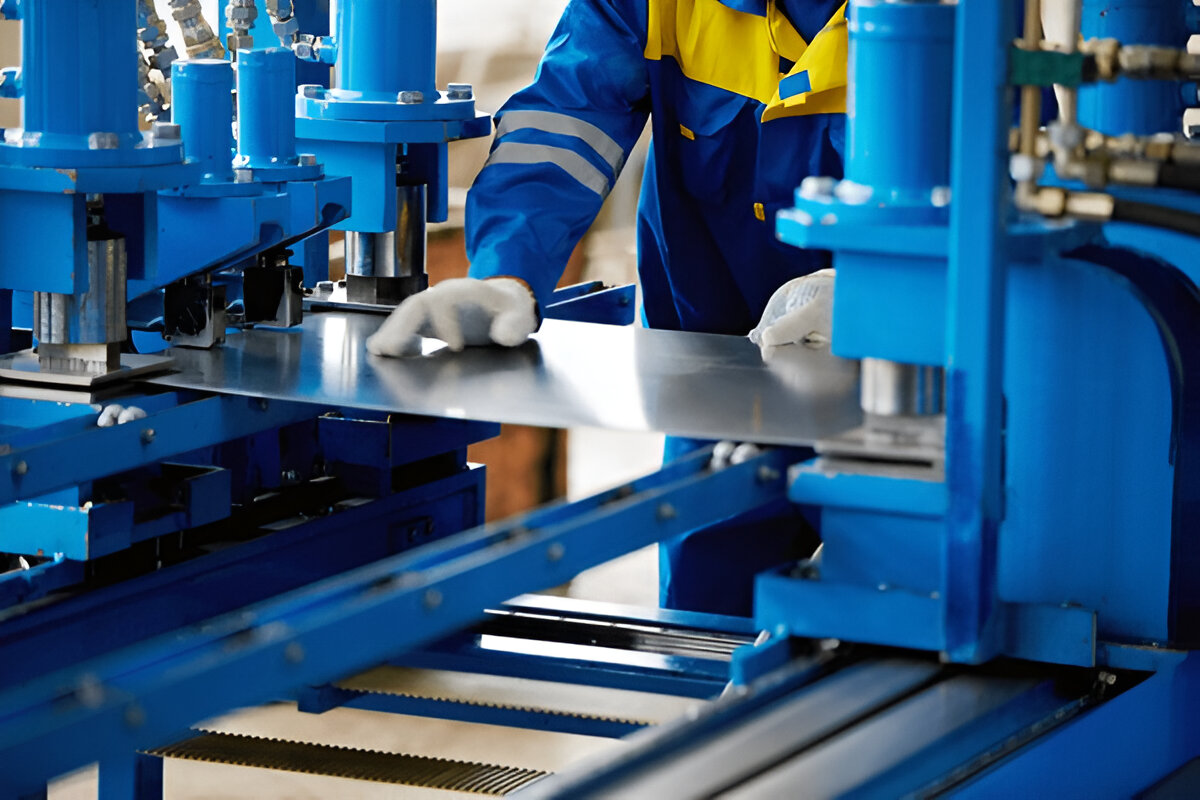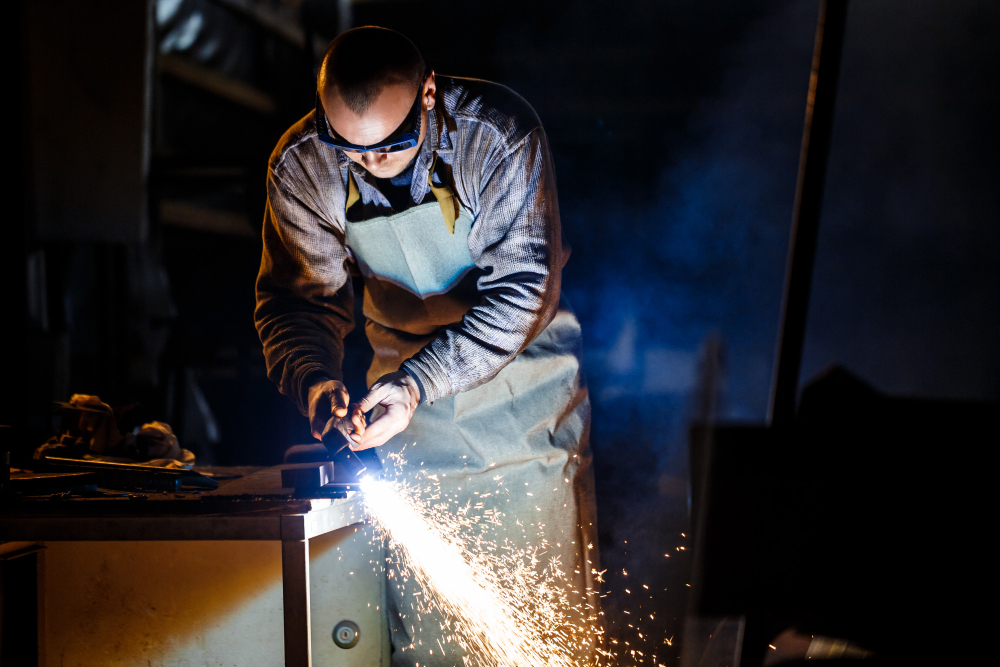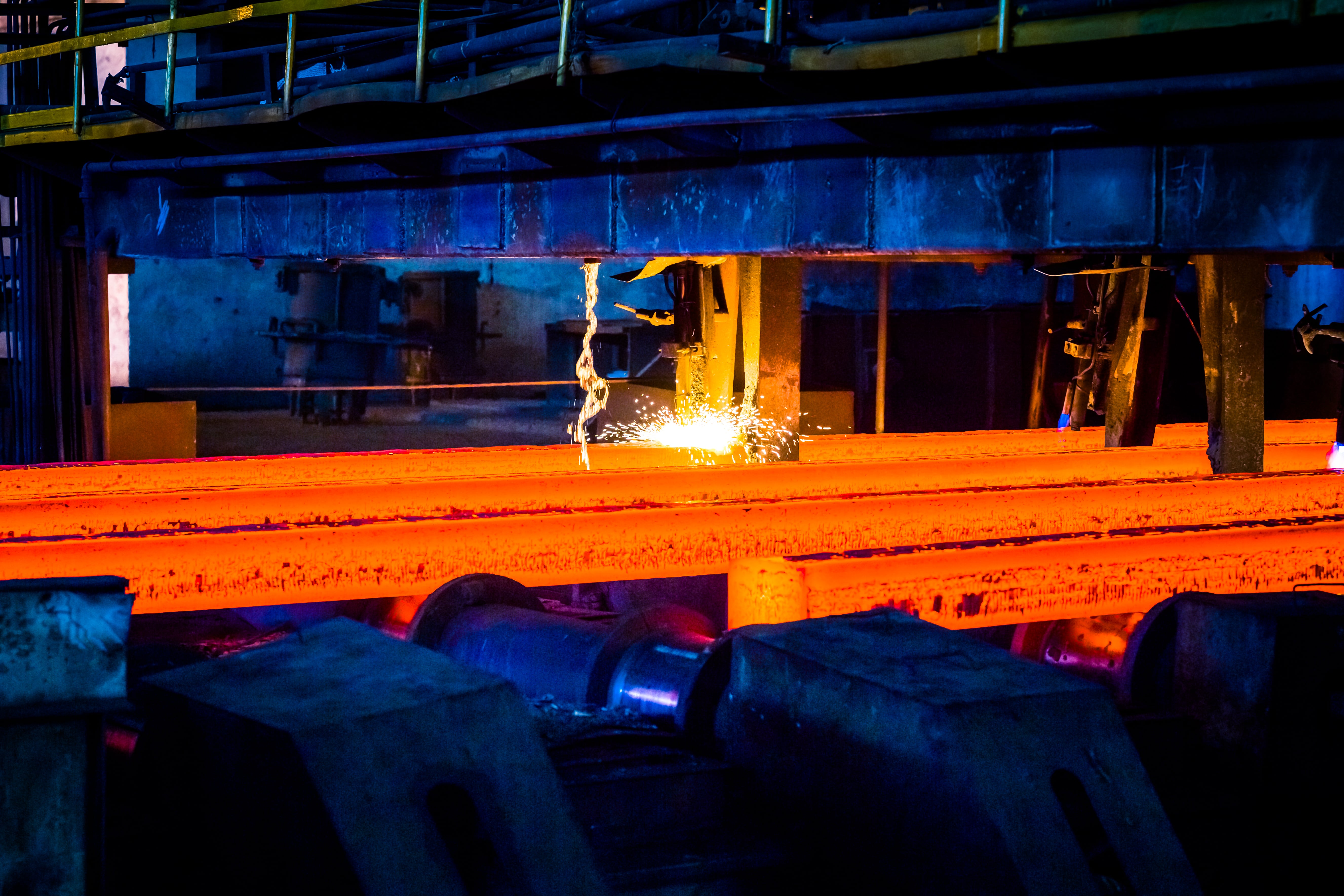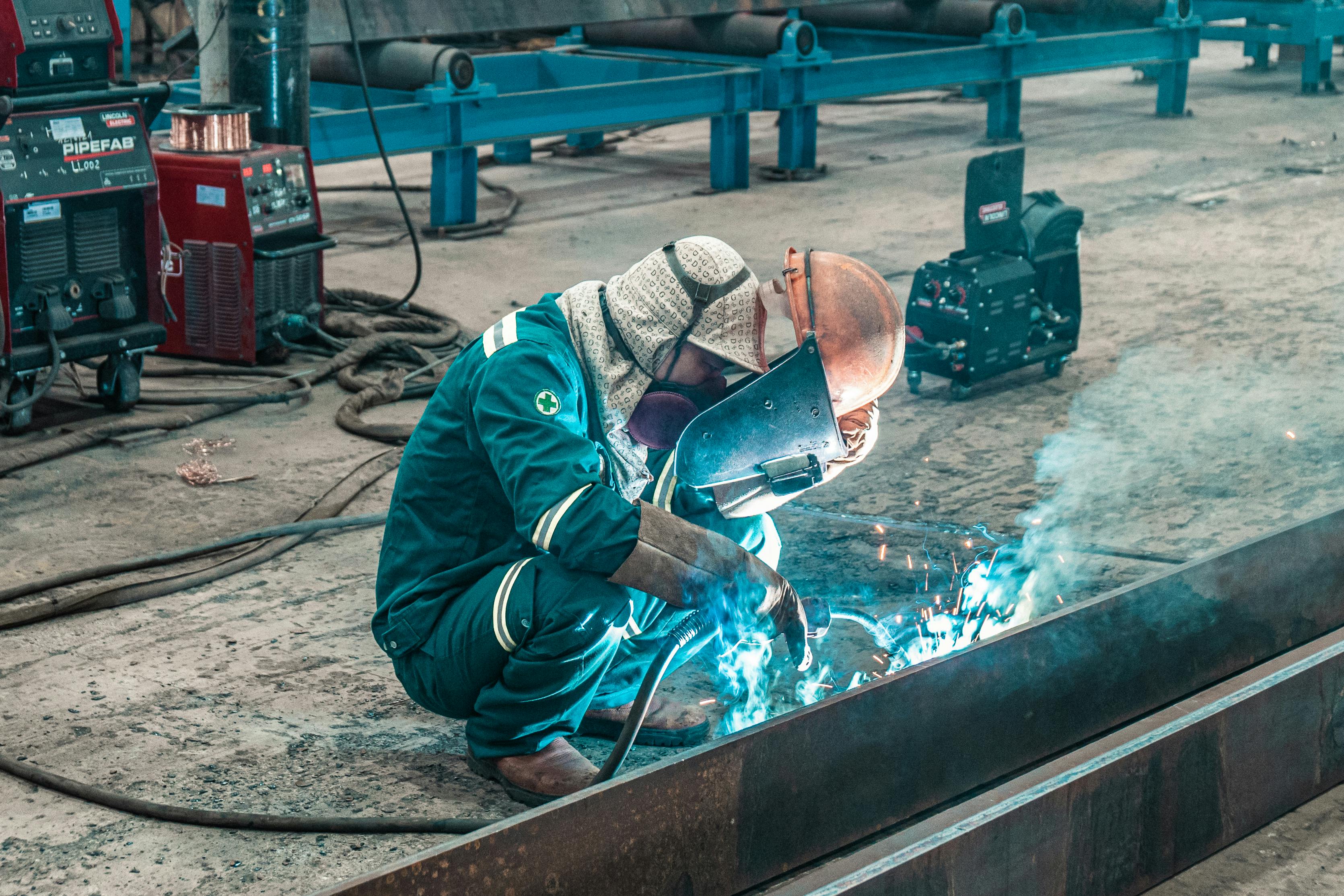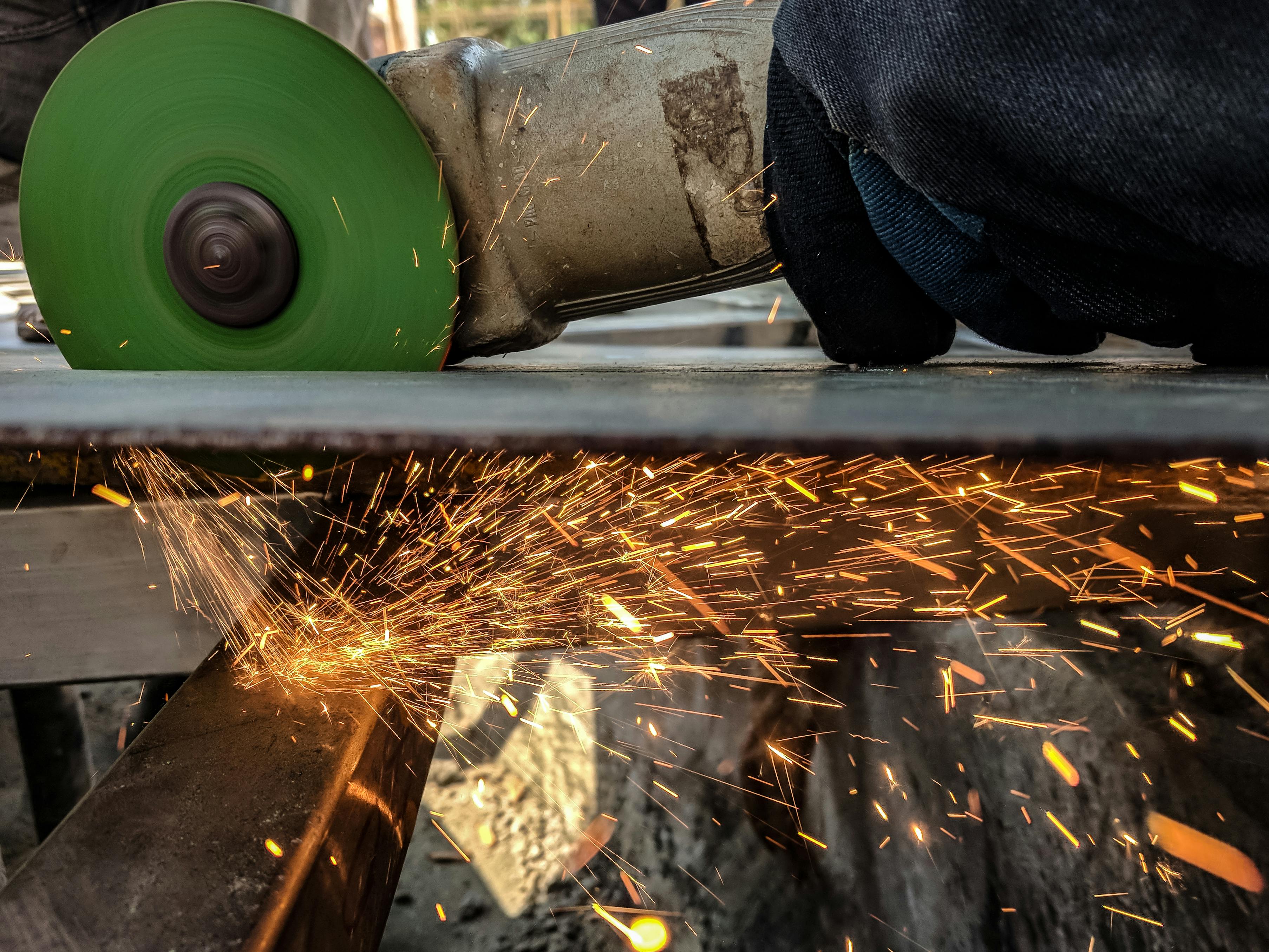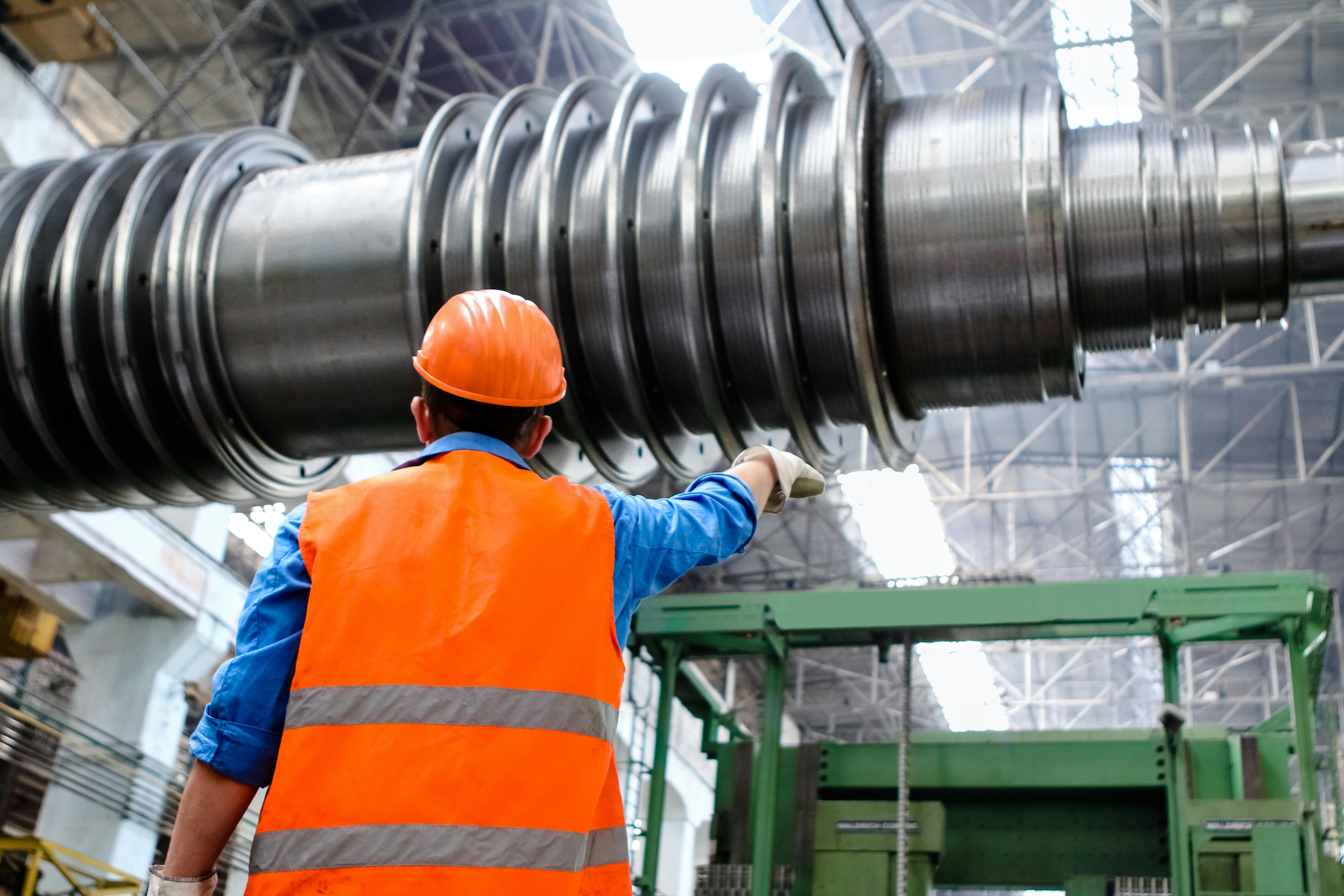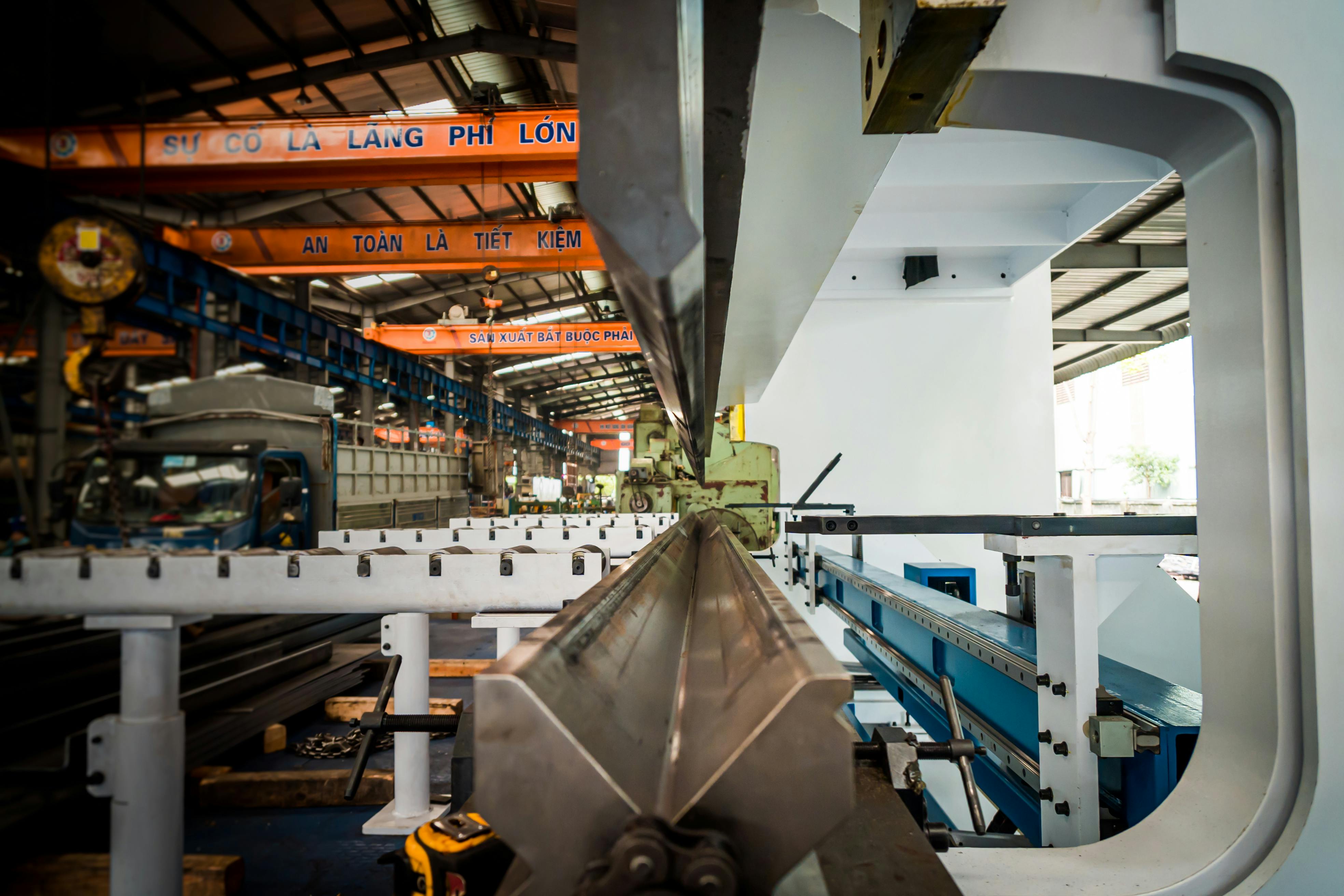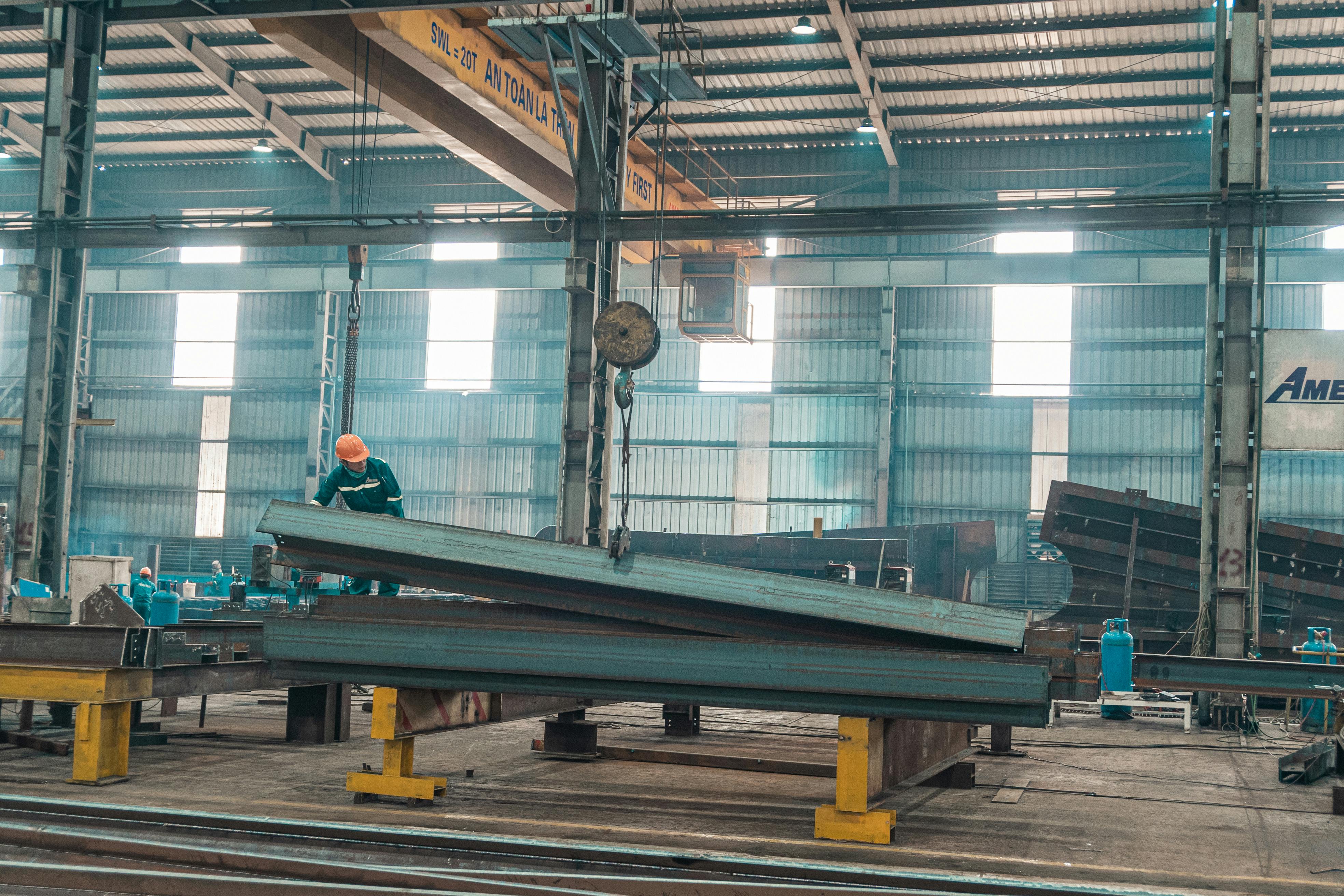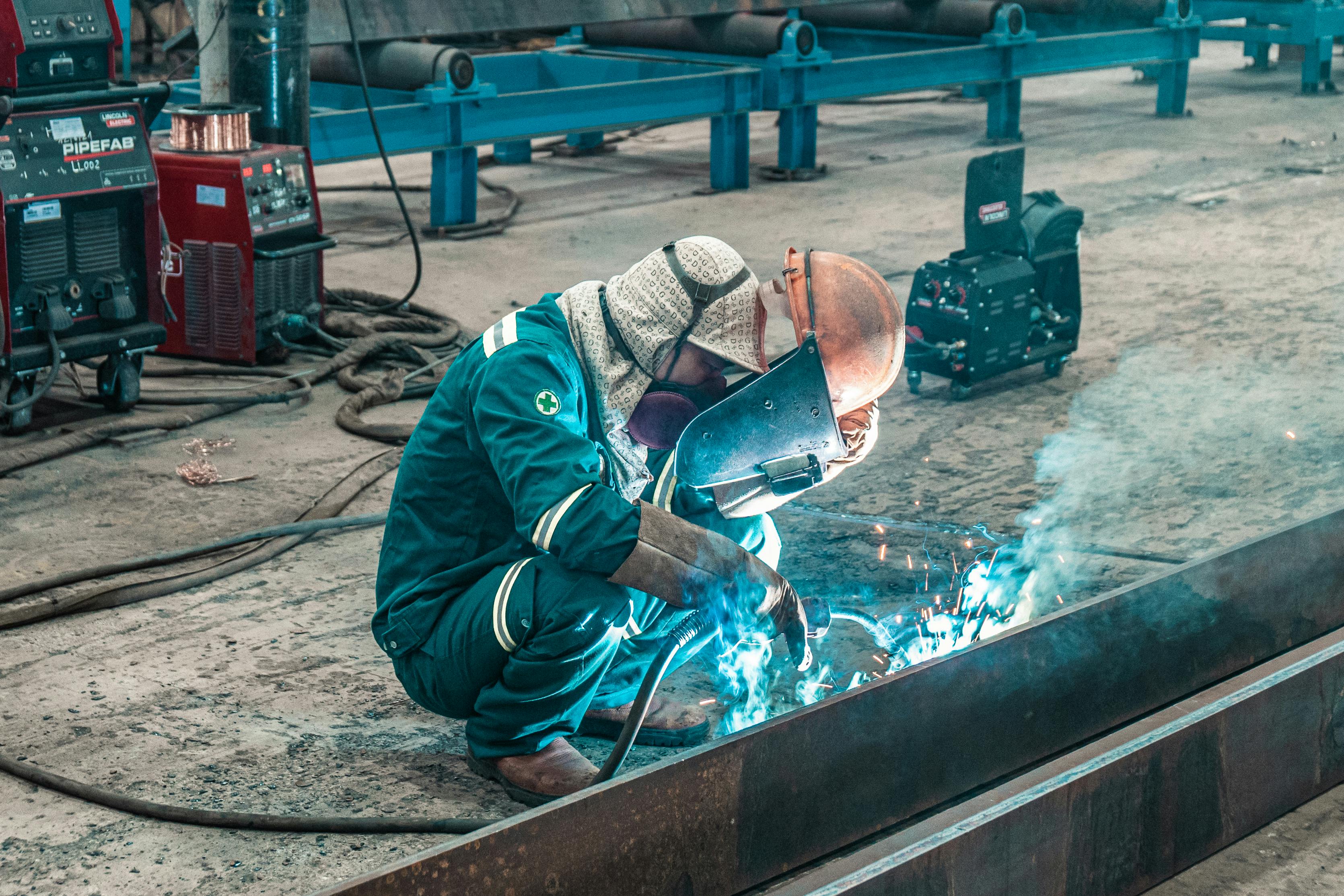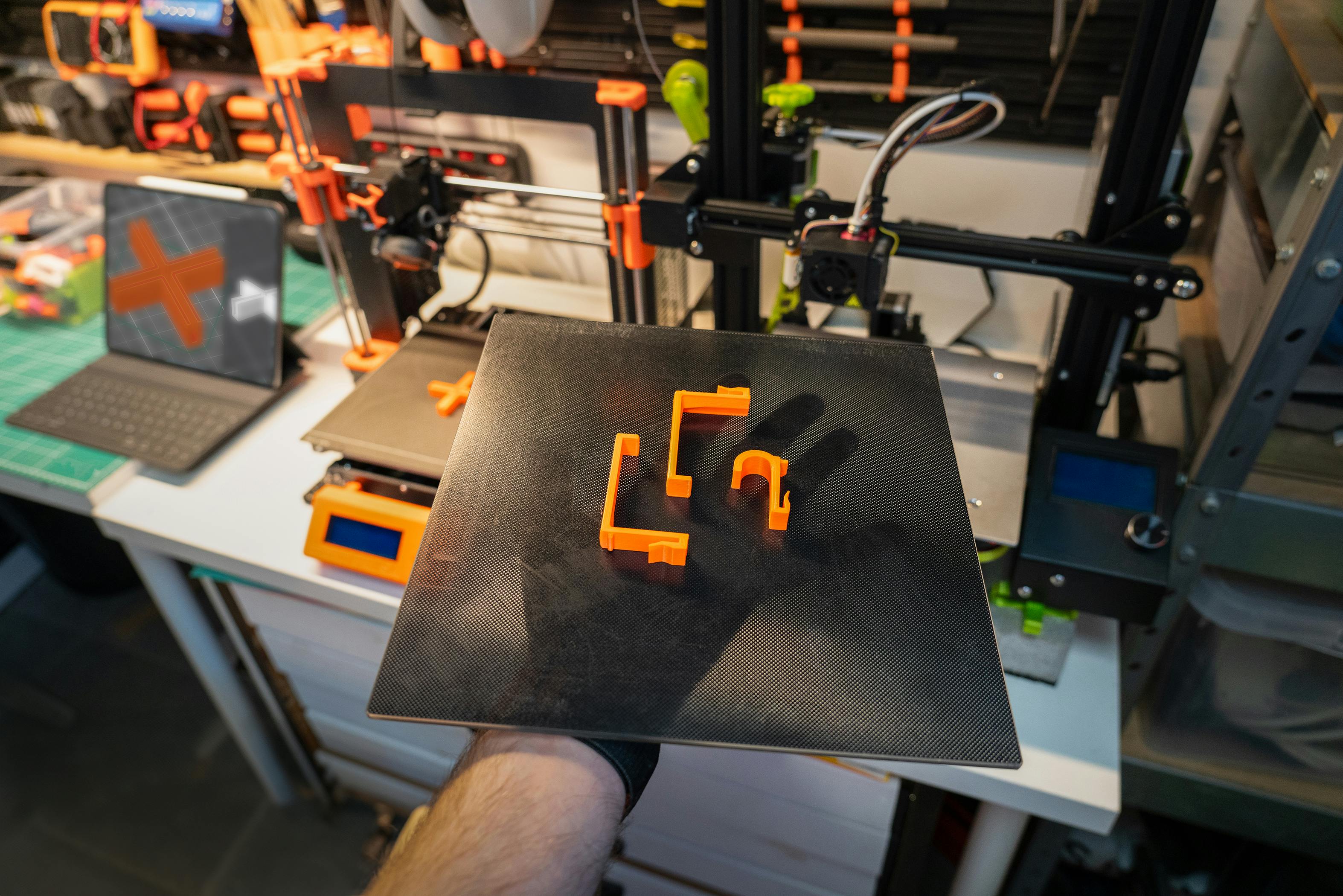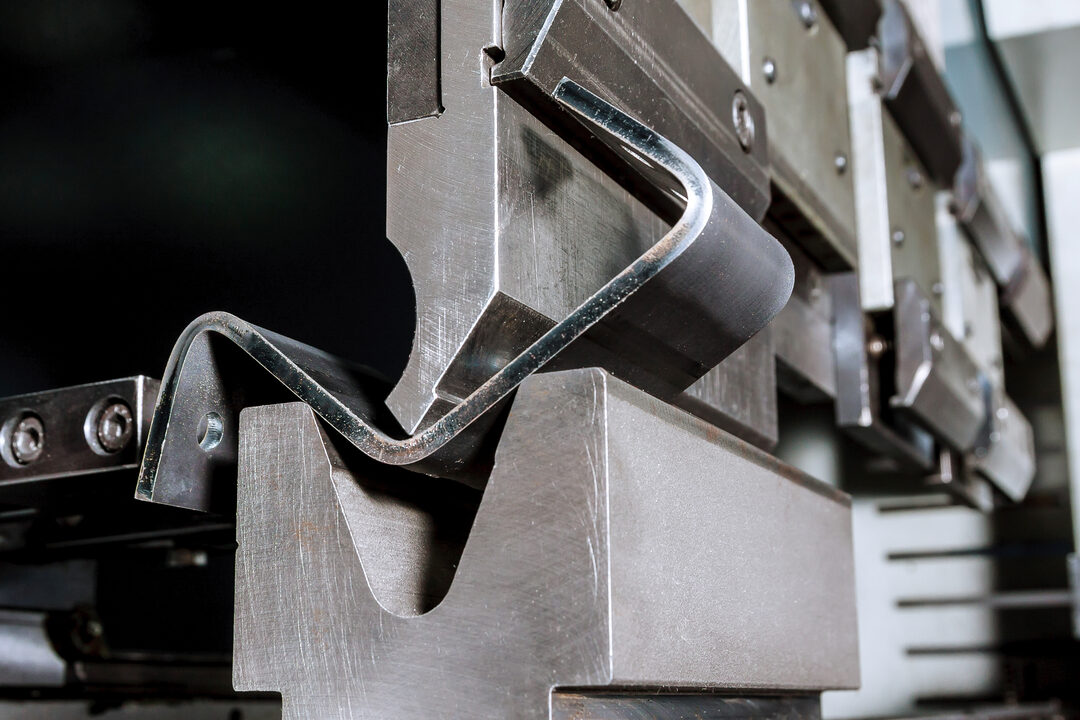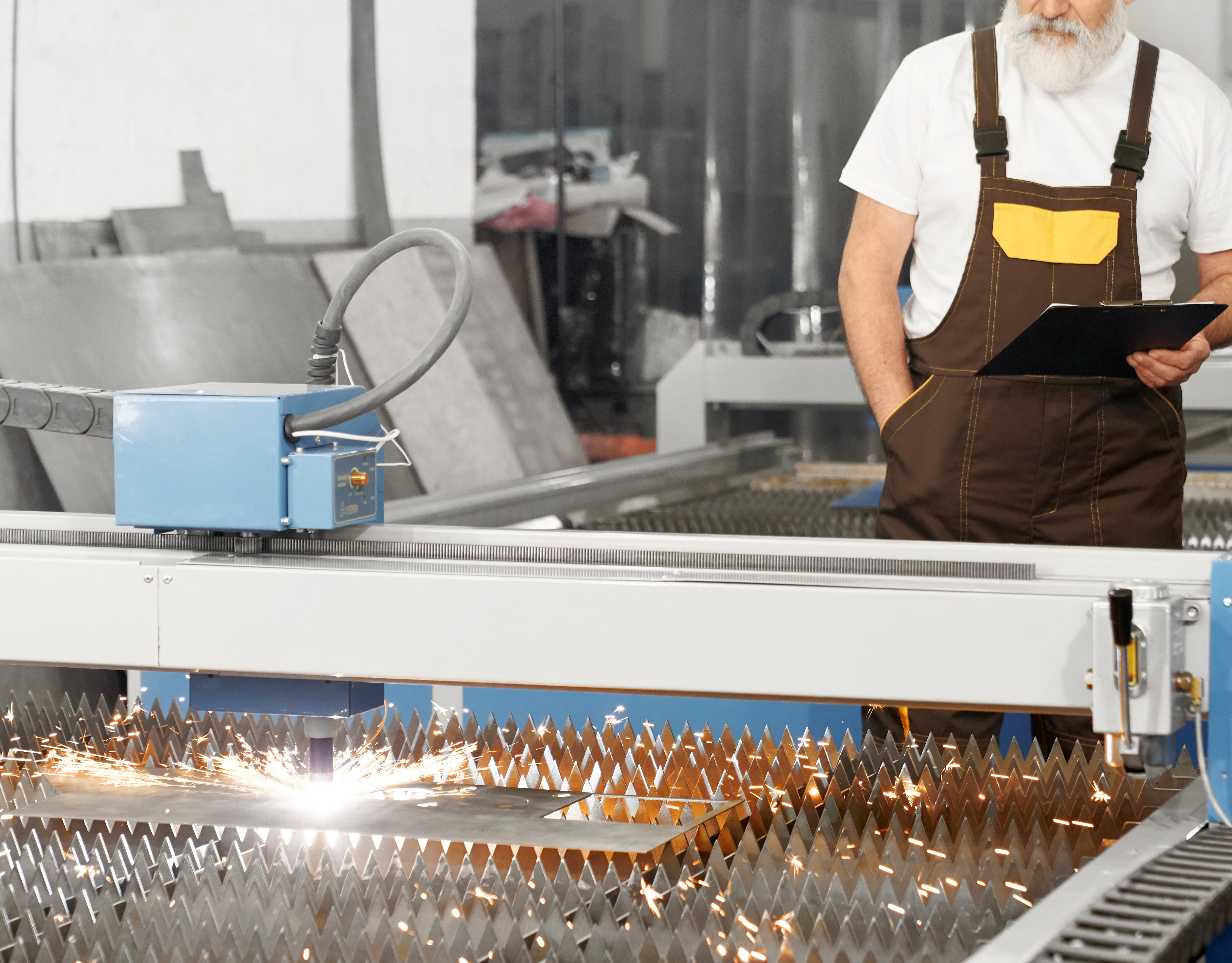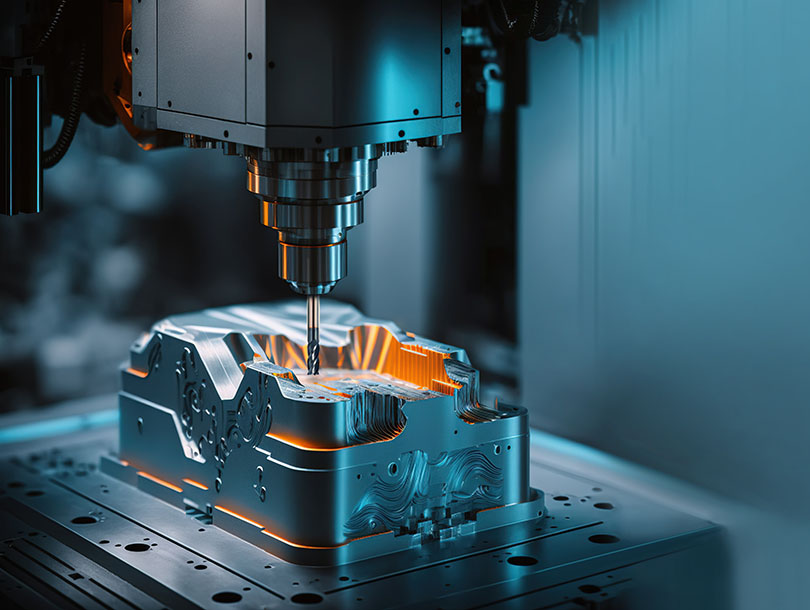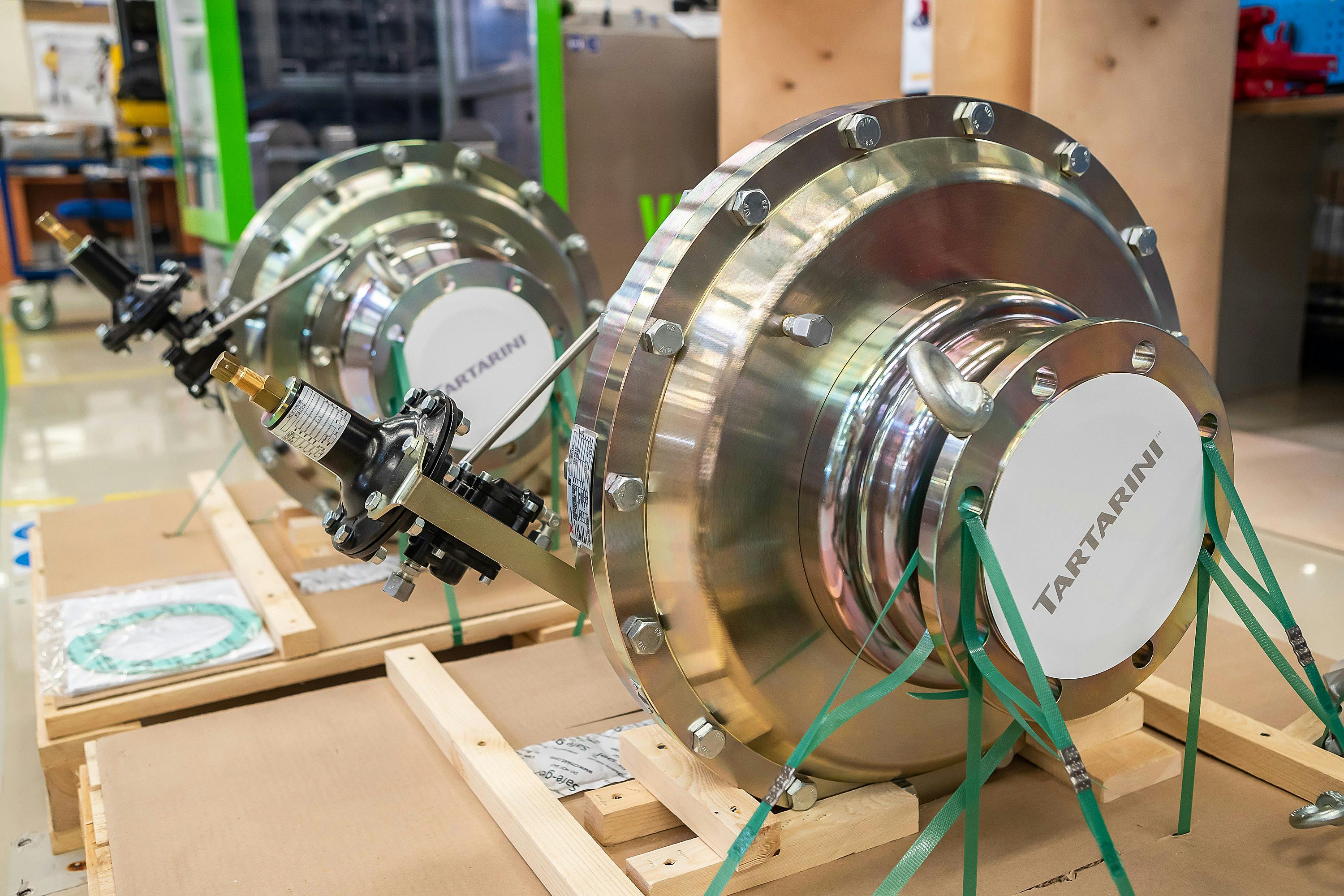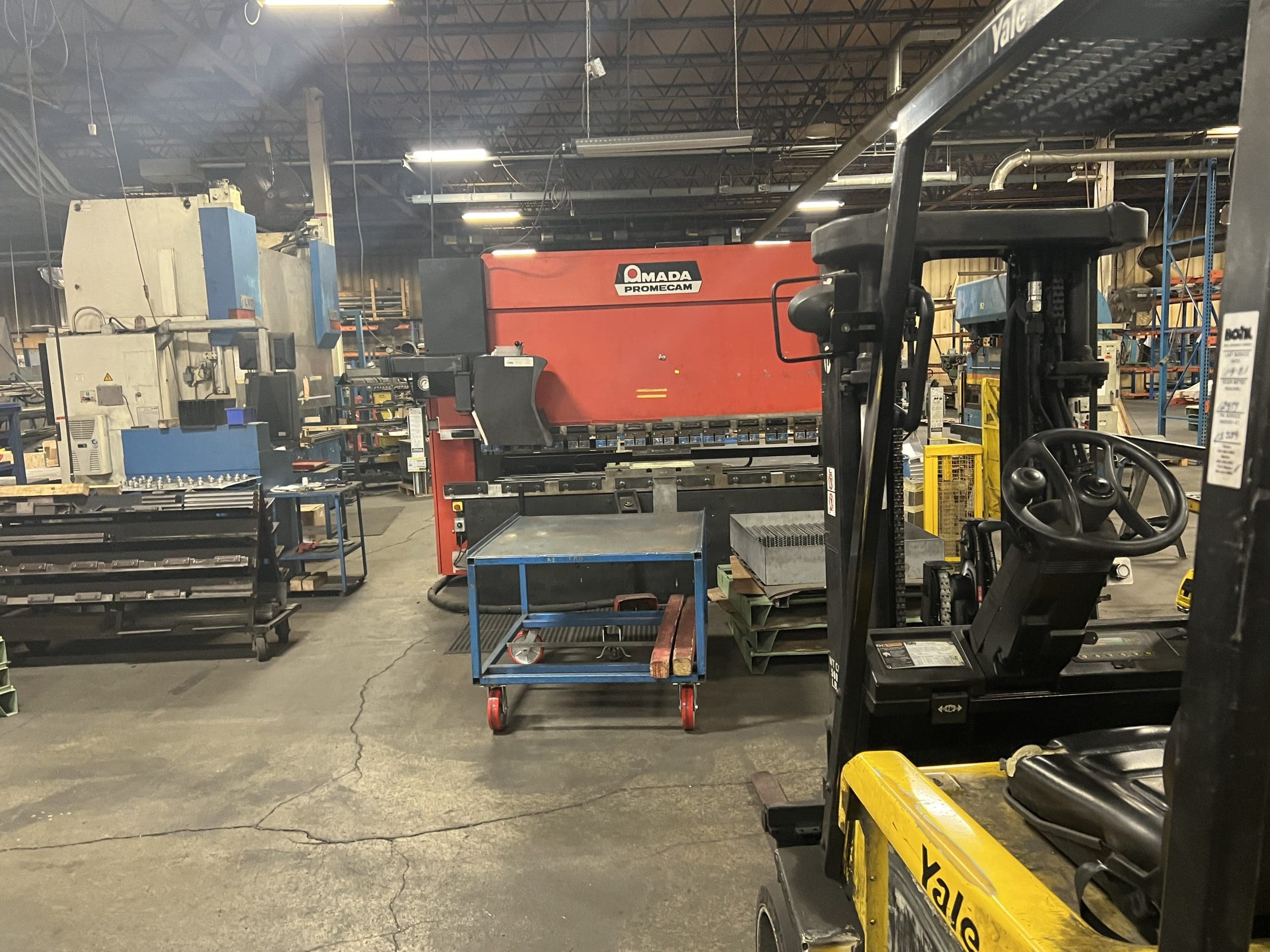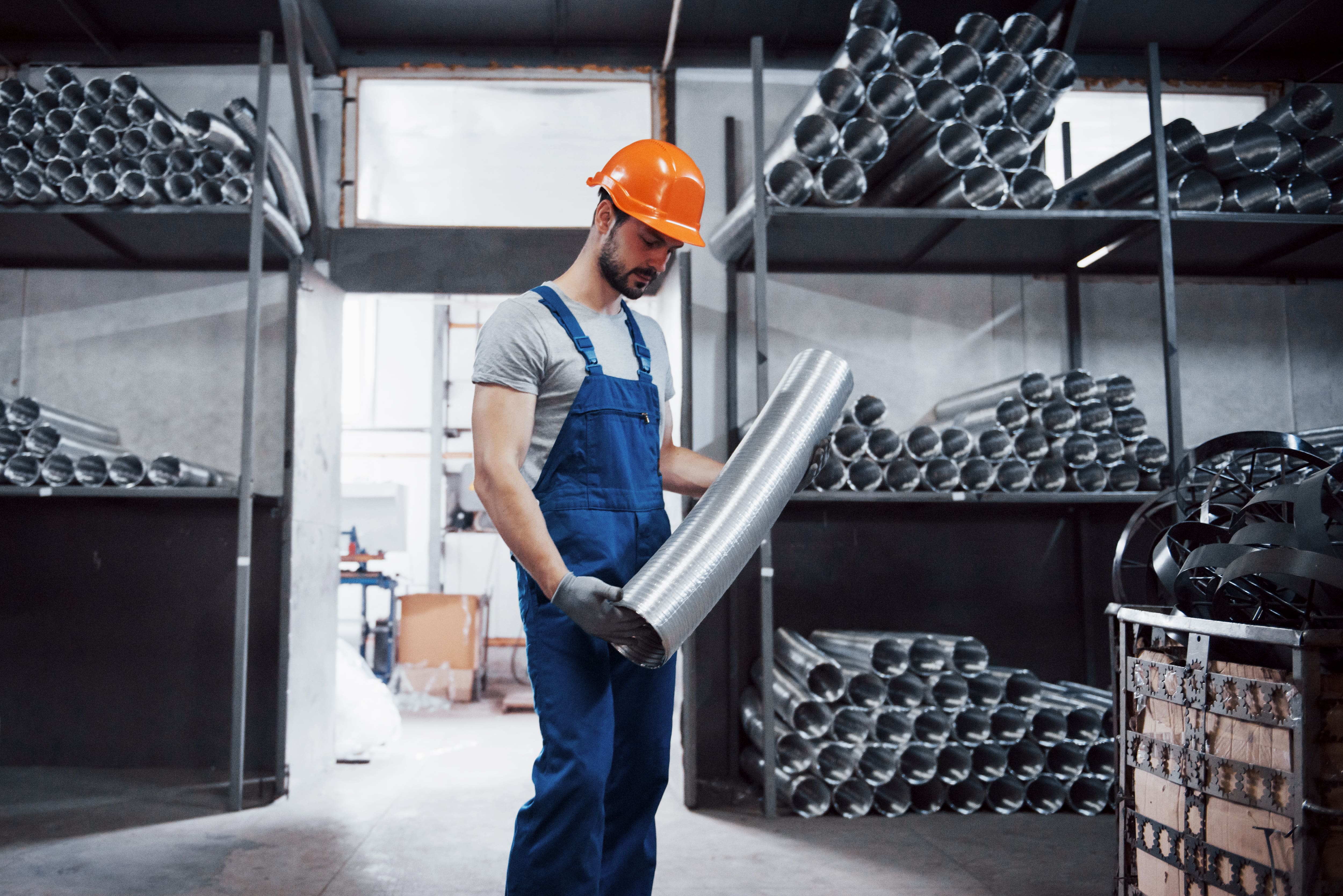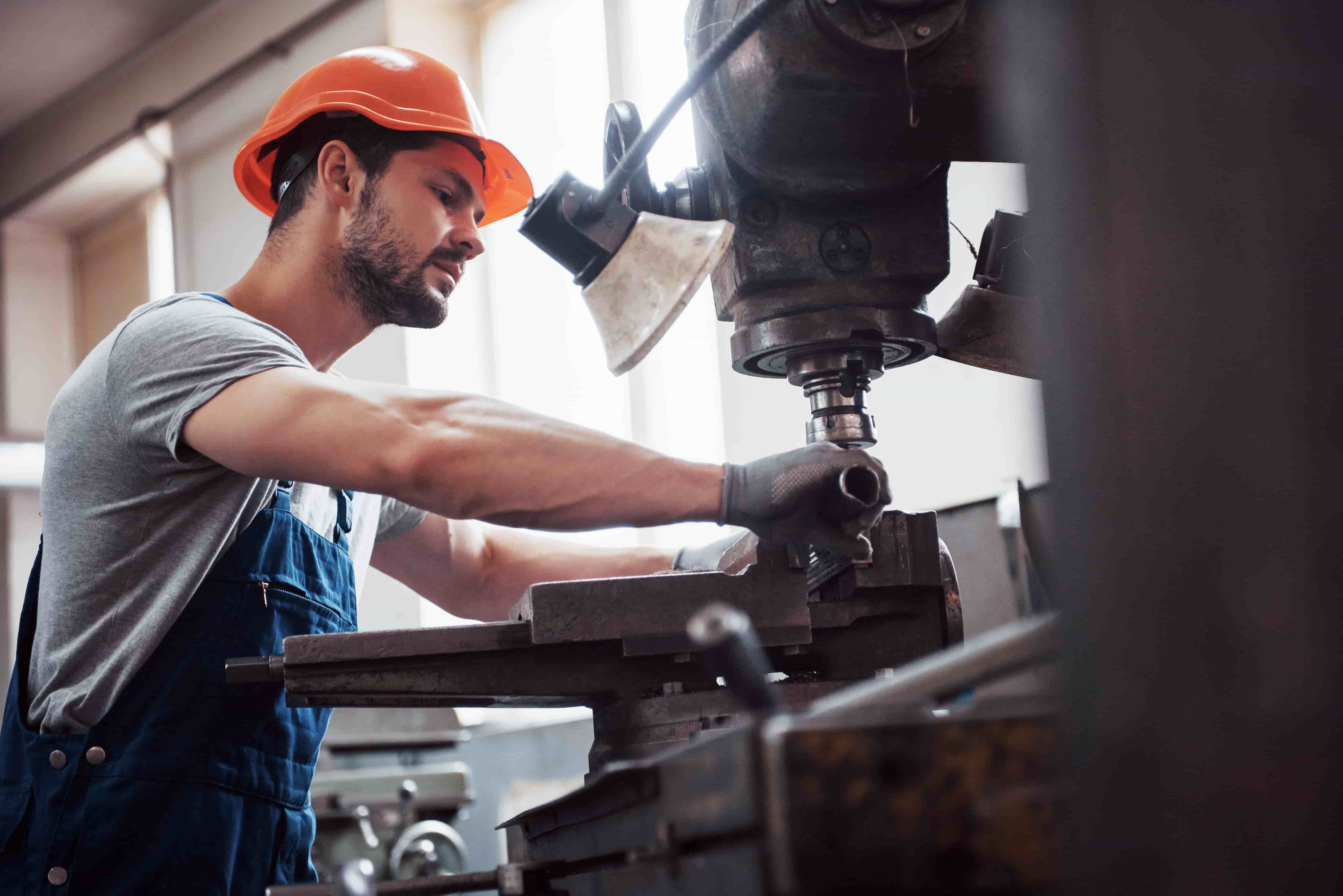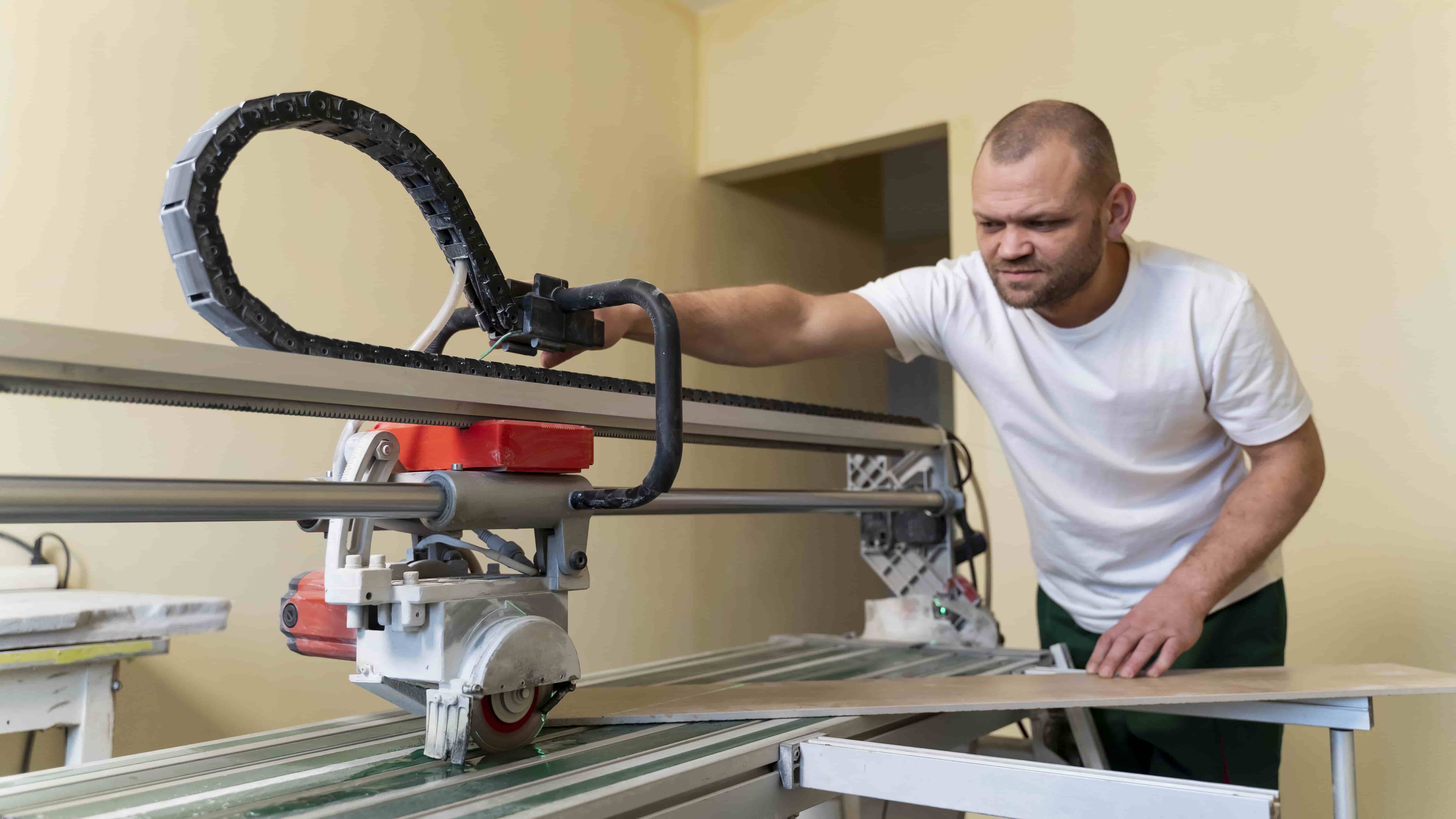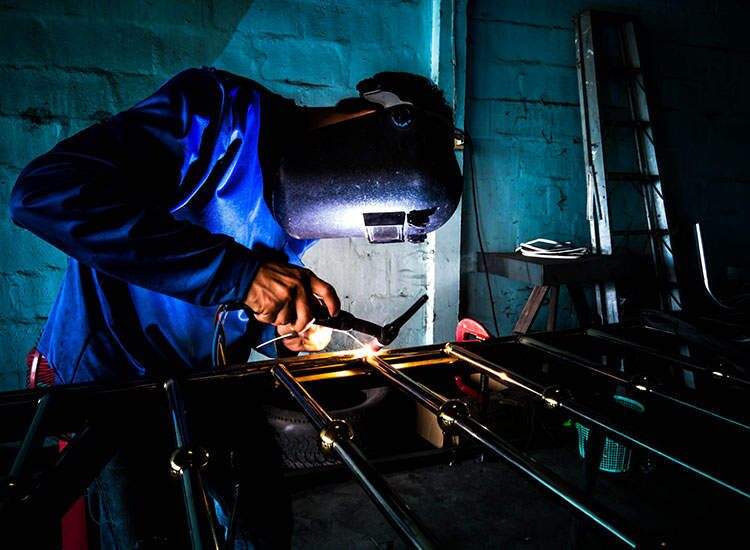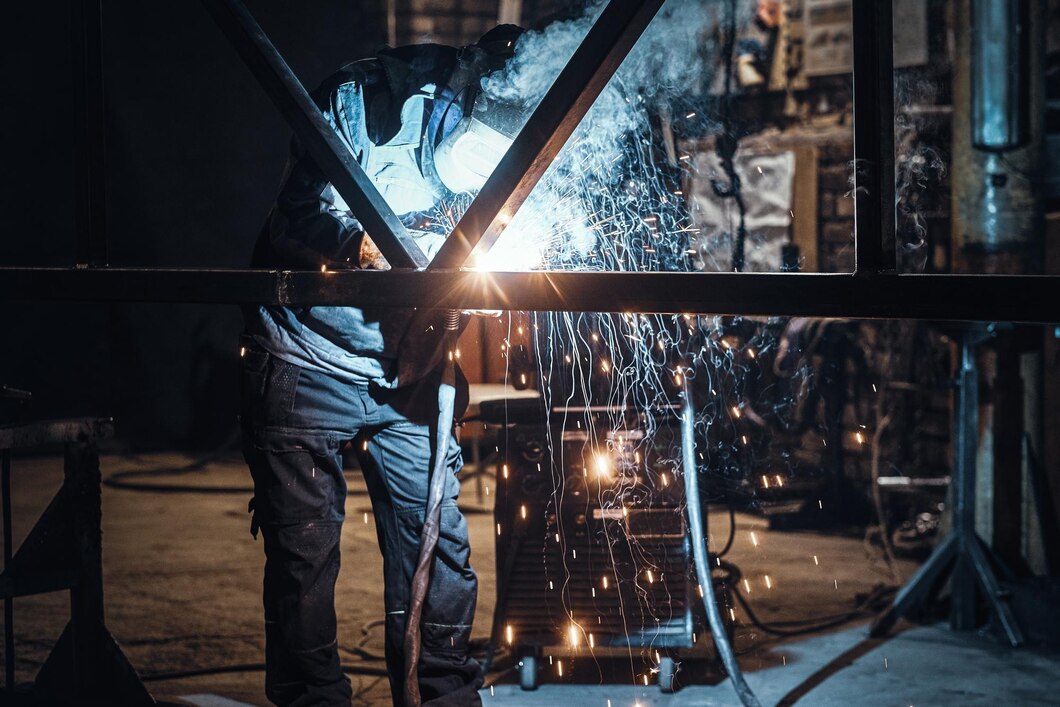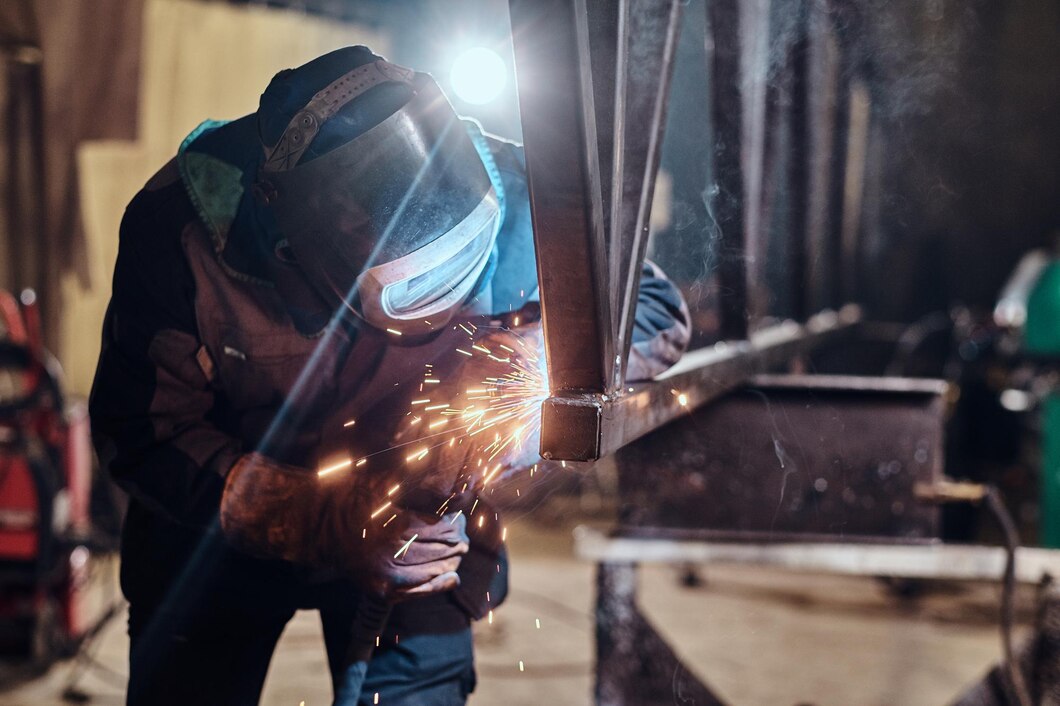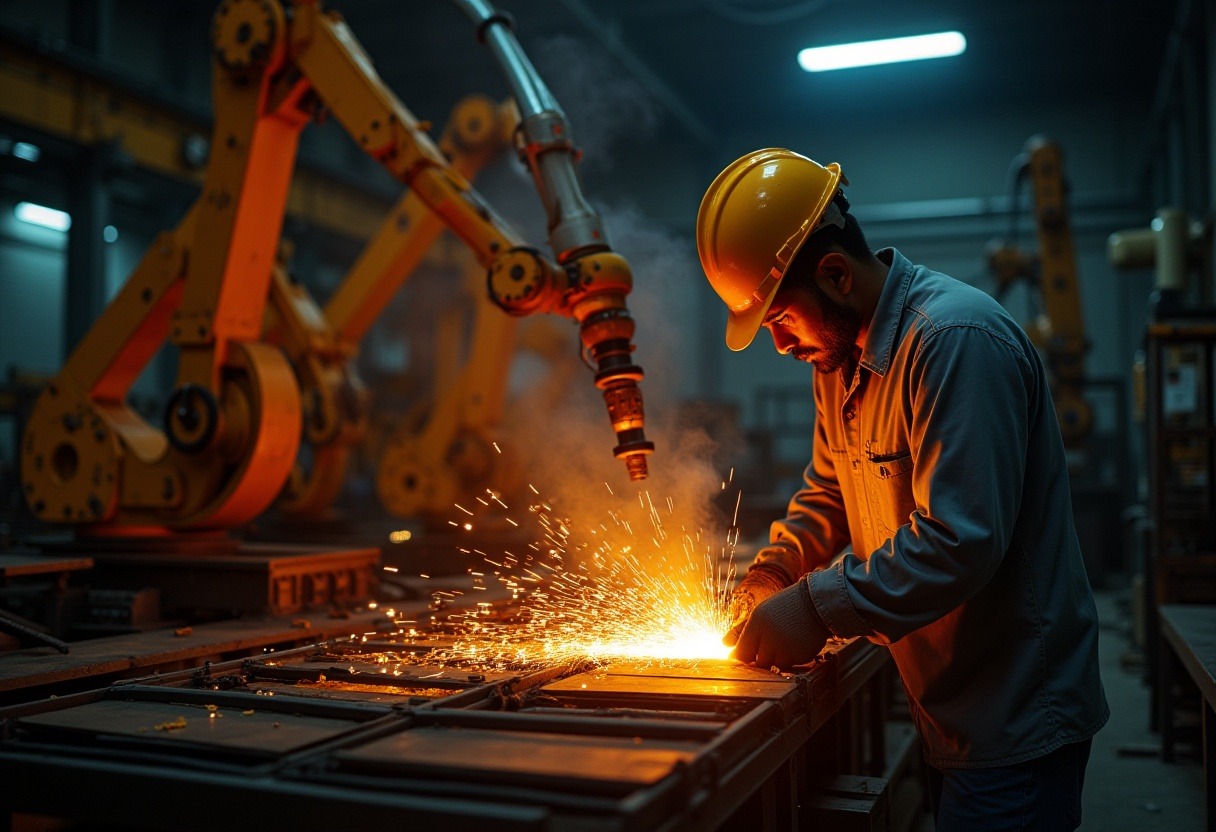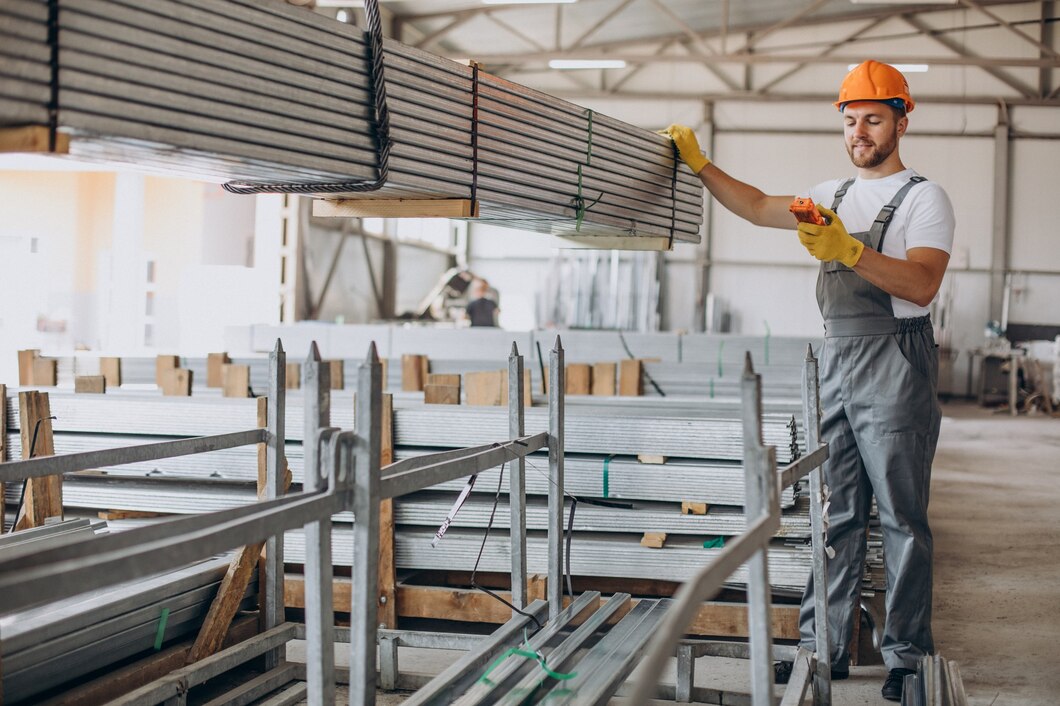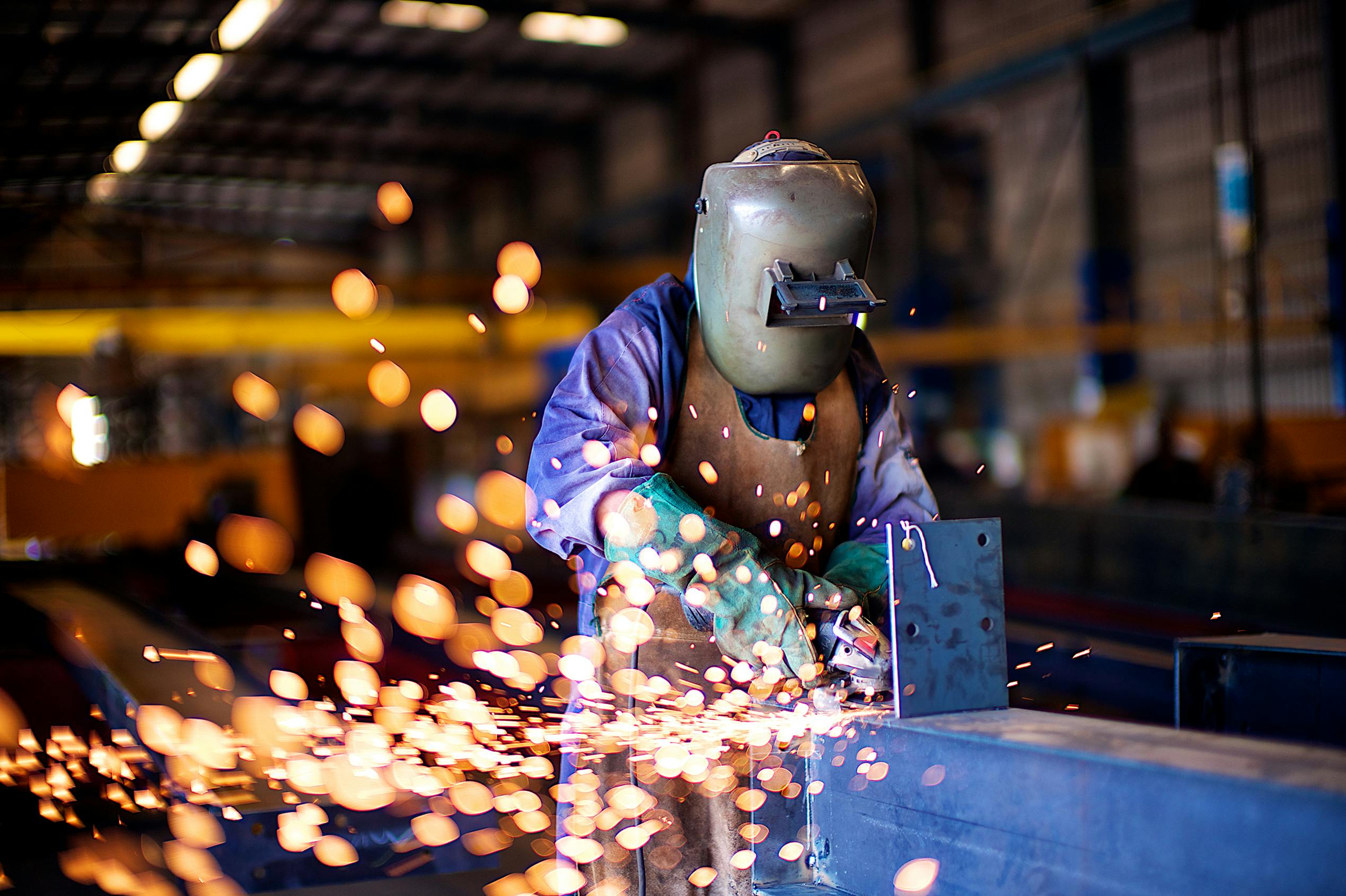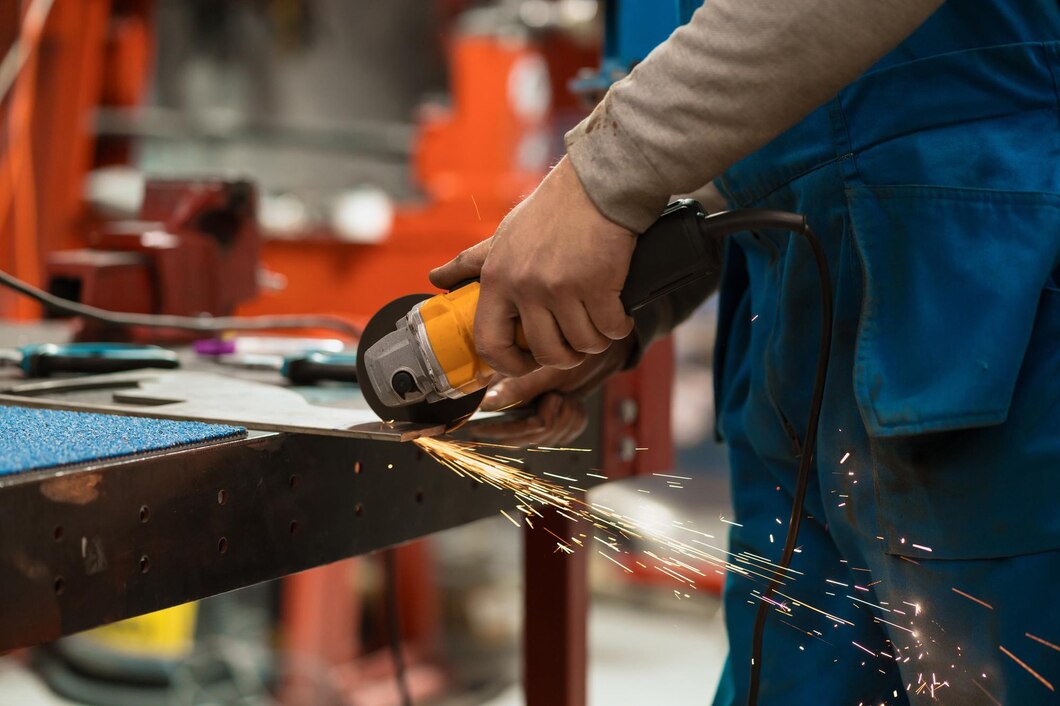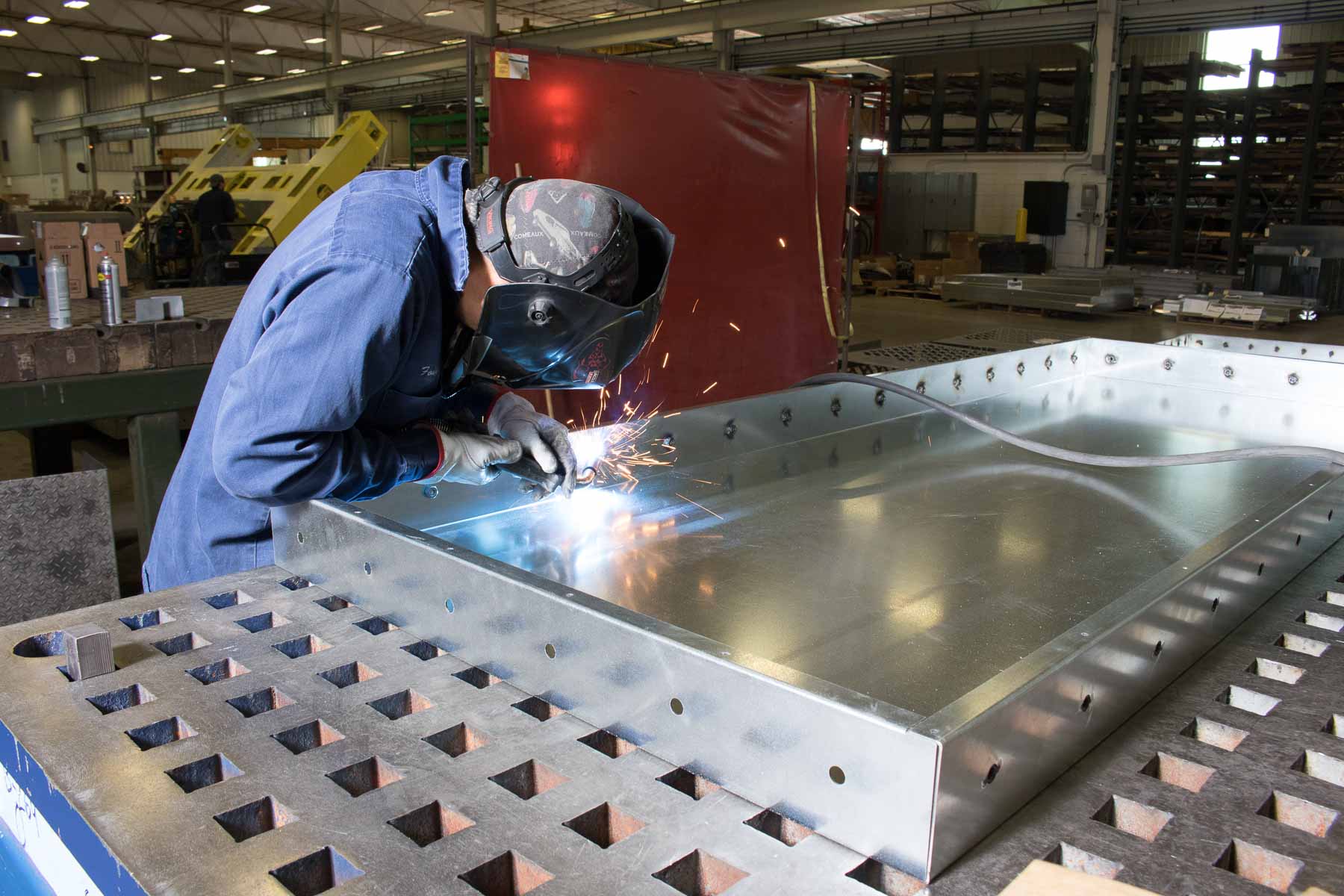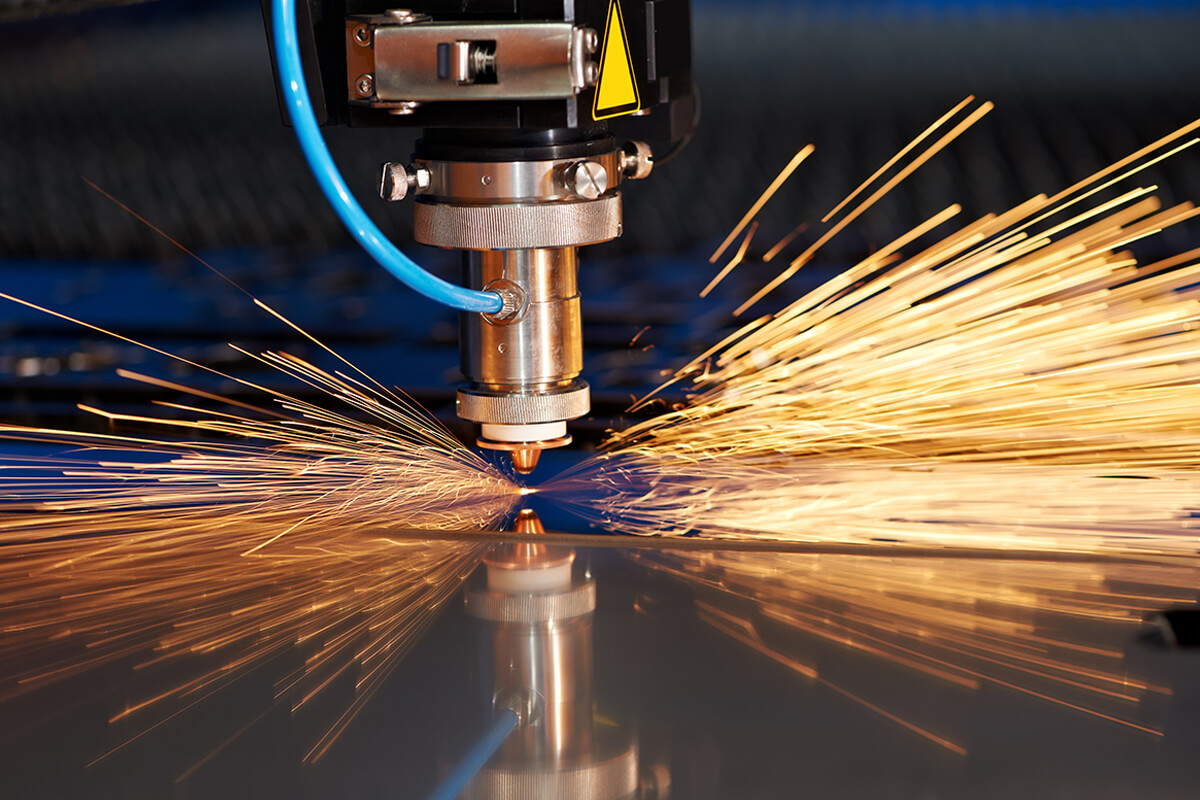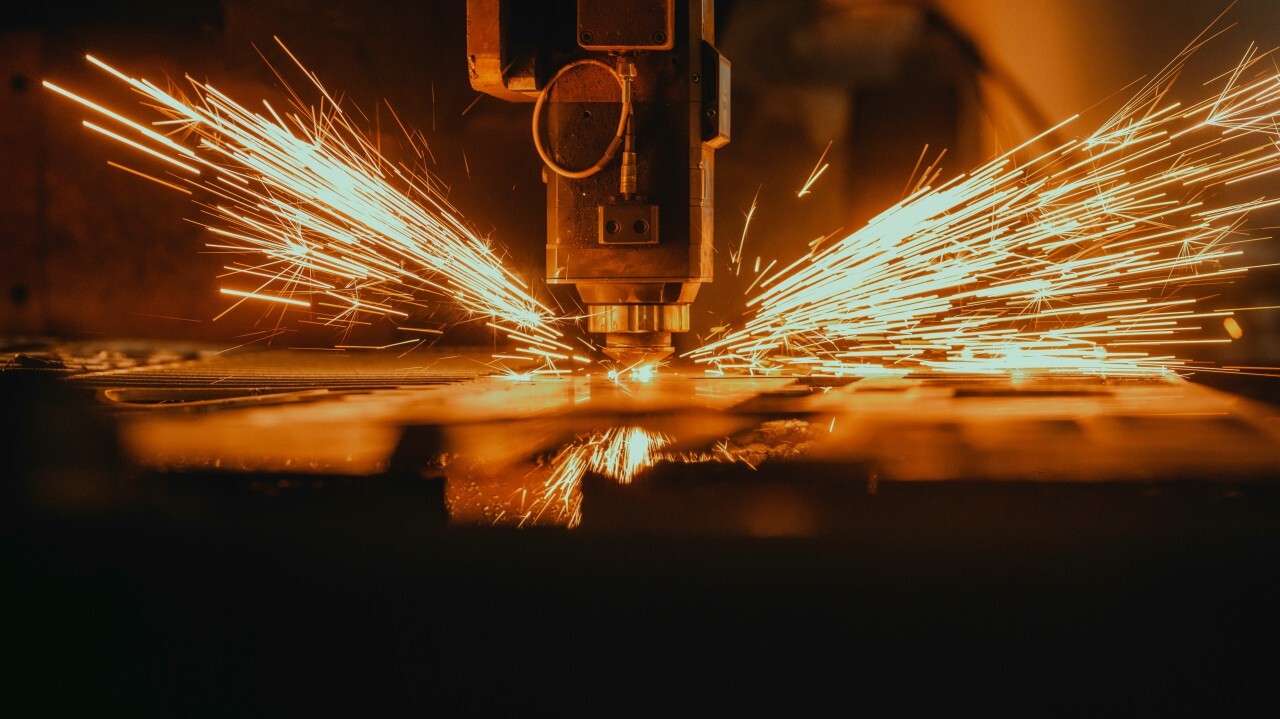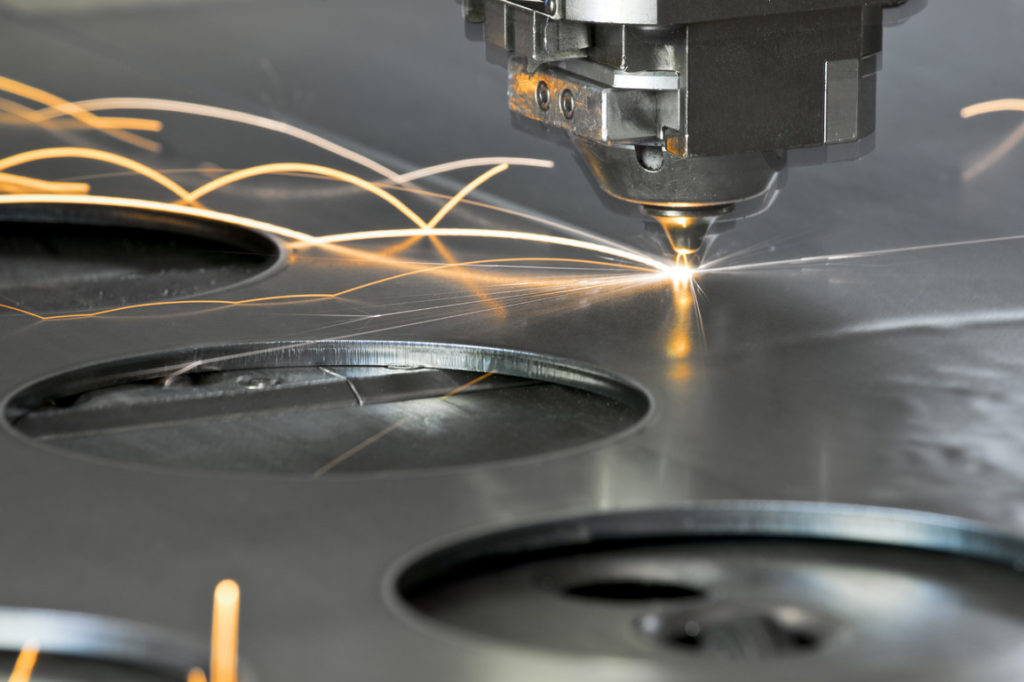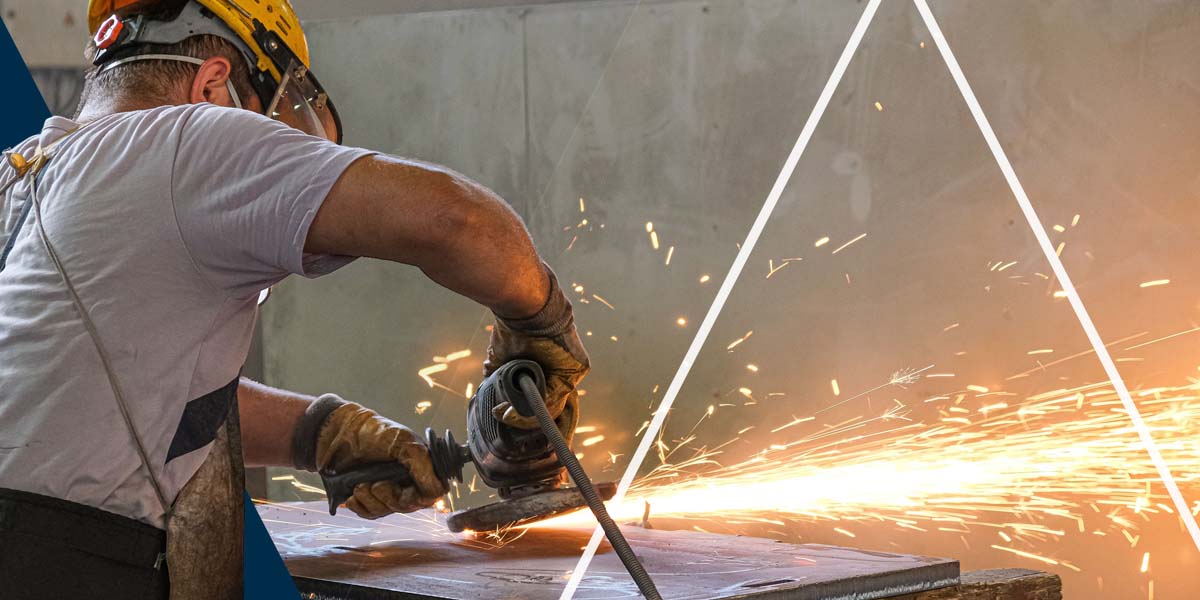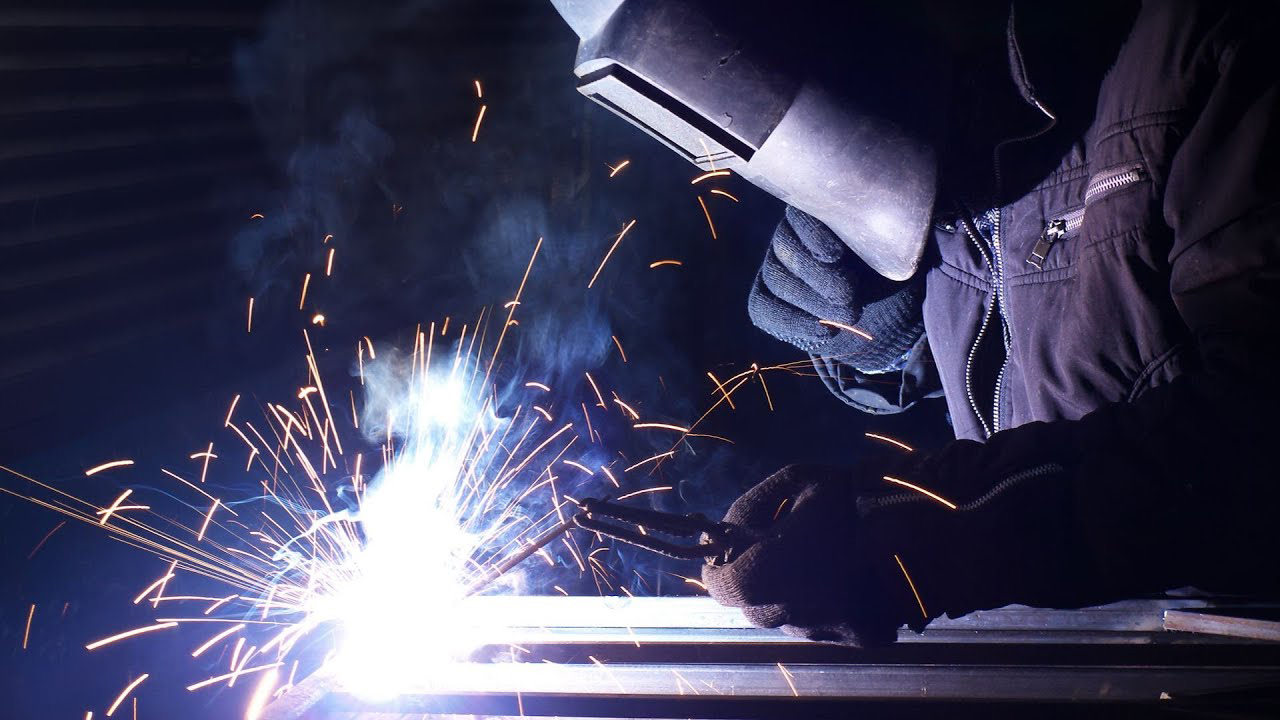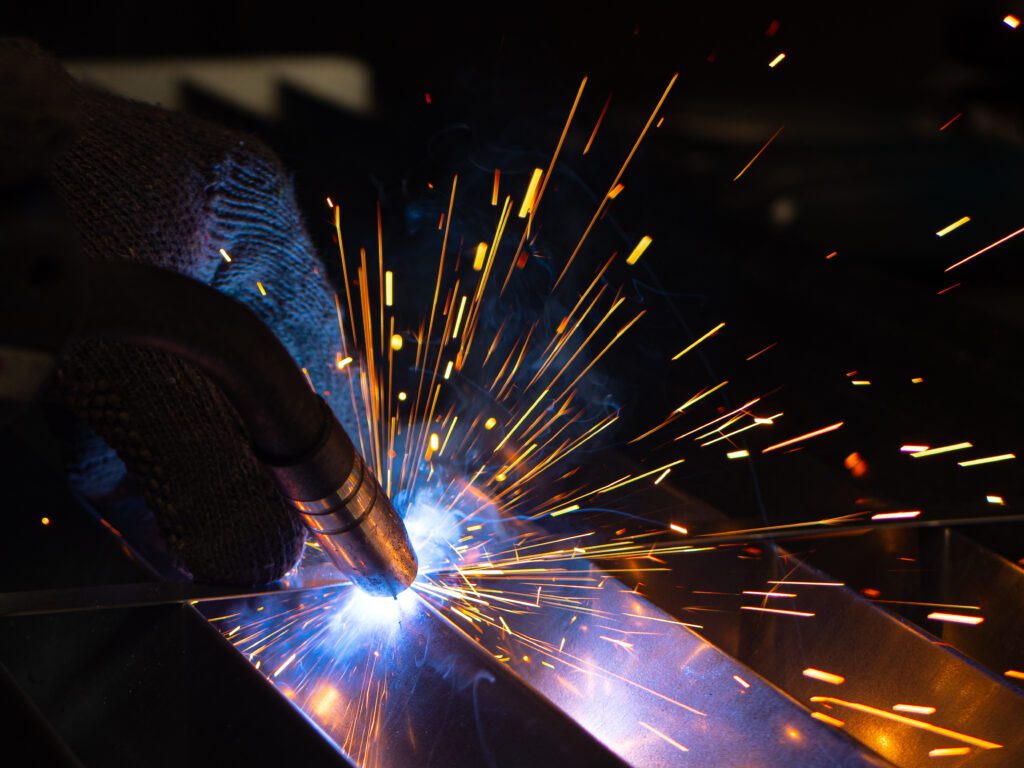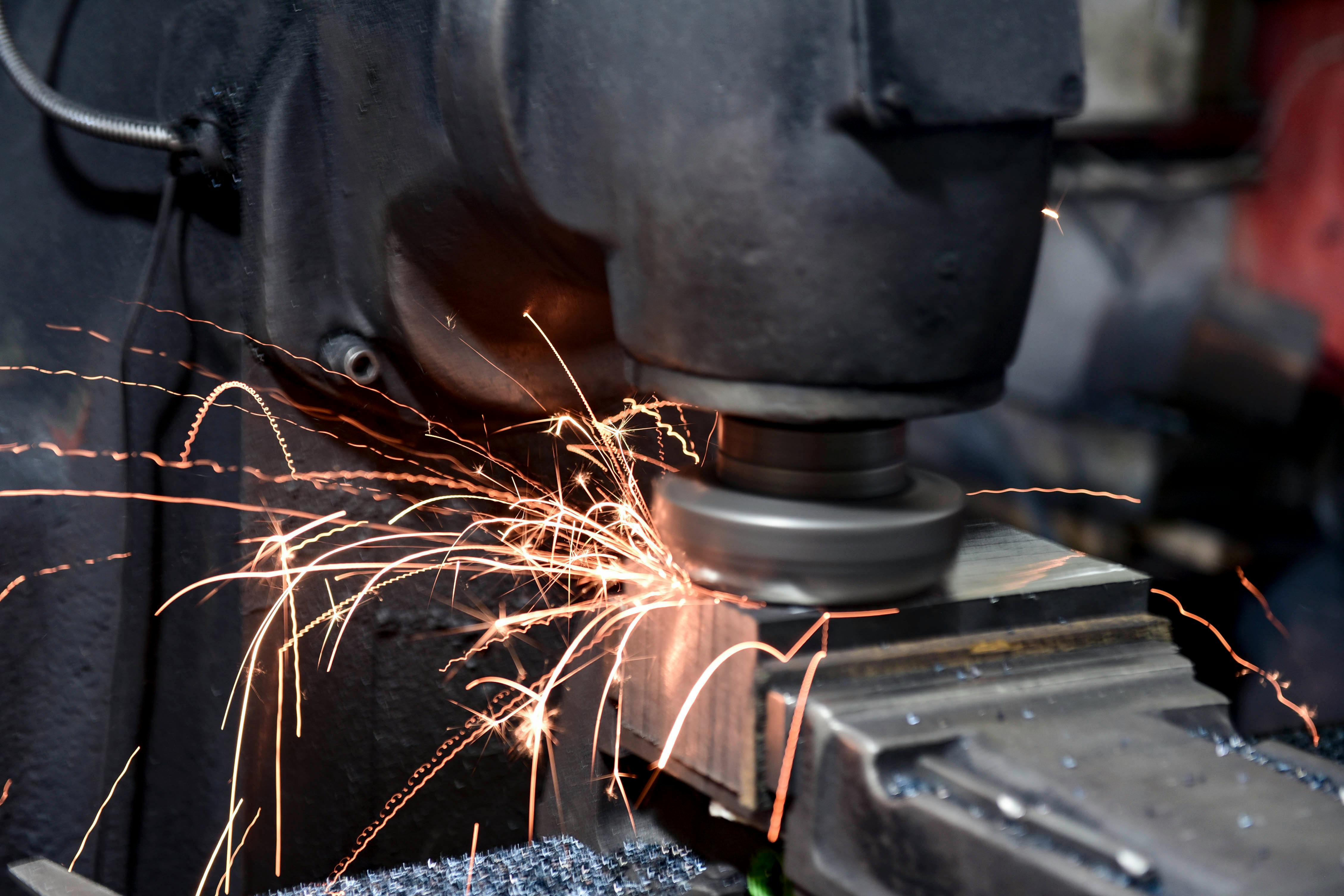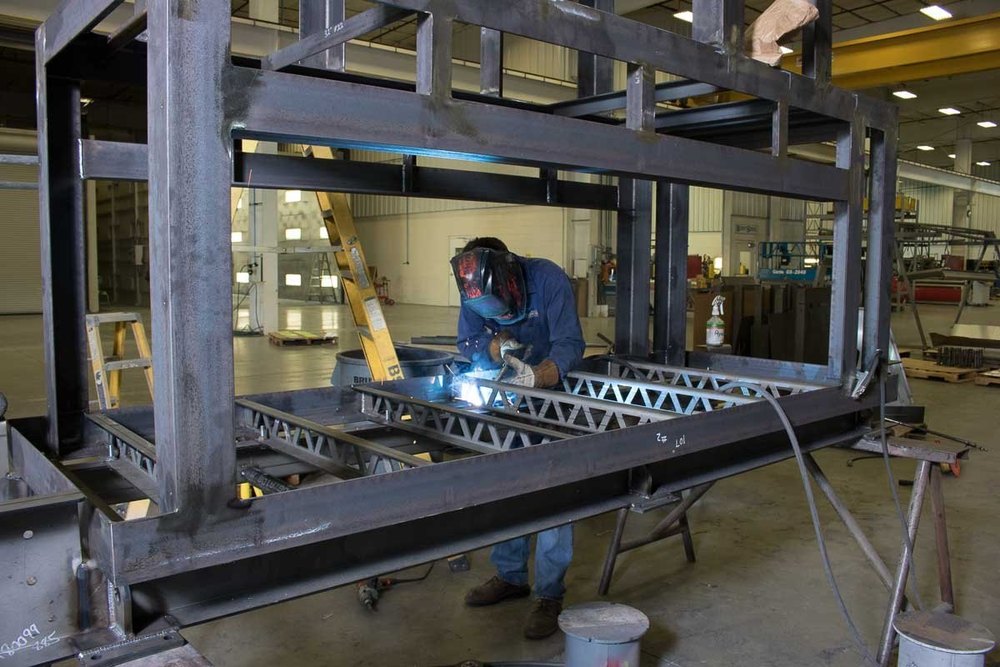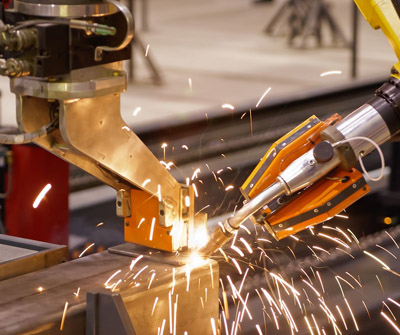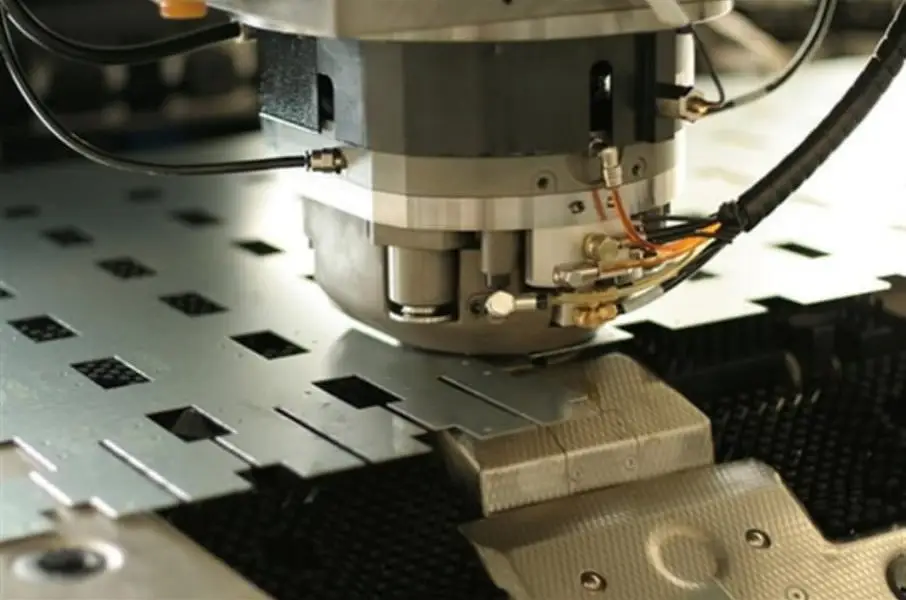Precision and Perfection: The Art of Sheet Metal Fabrication in Bangalore
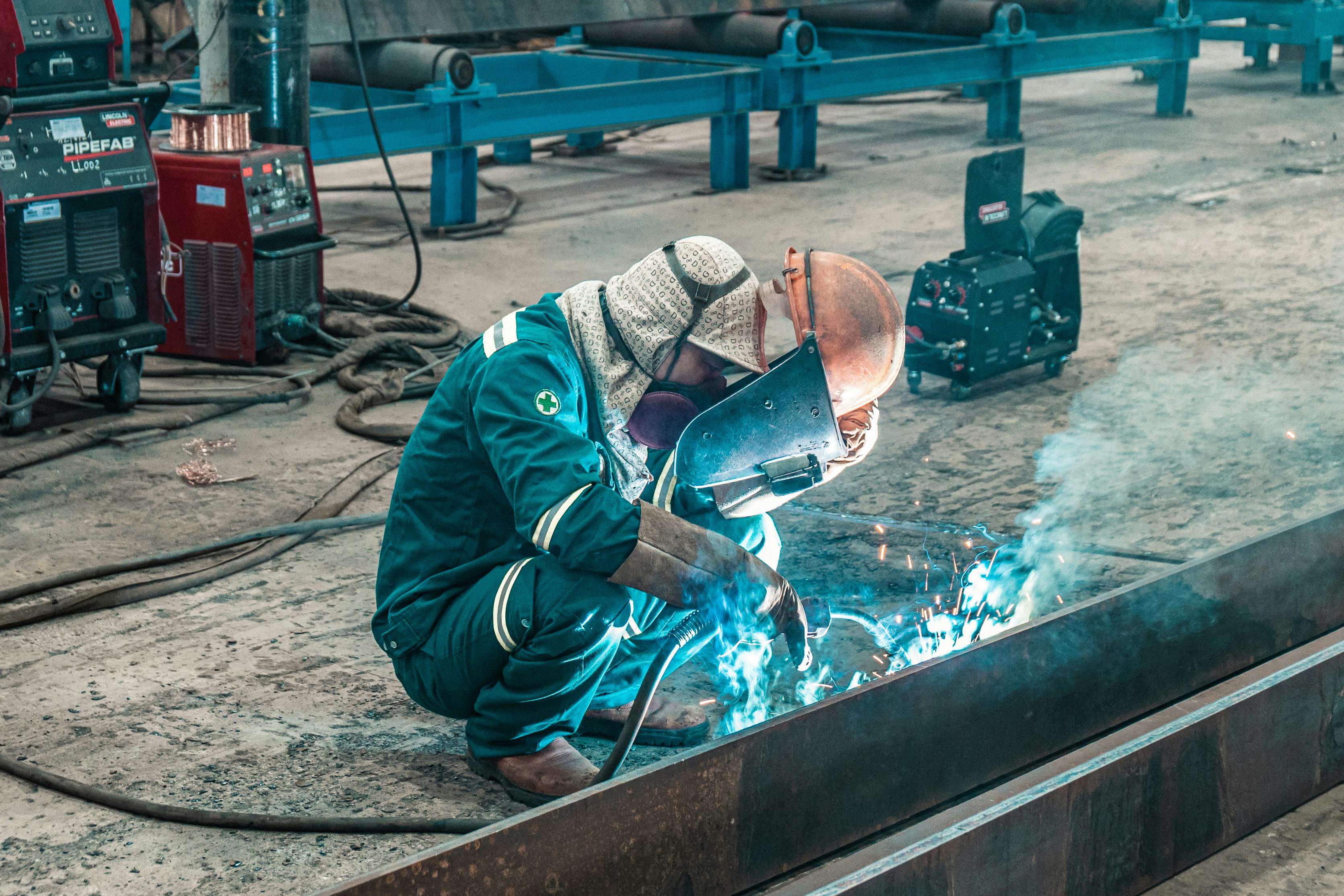
Introduction
In today’s rapidly evolving industrial ecosystem, precision and efficiency define success. From automotive and aerospace to electronics and renewable energy, industries rely on one fundamental backbone sheet metal fabrication. This intricate process, which transforms flat metal sheets into functional components and assemblies, demands a perfect balance of engineering skill, advanced technology, and craftsmanship.
Bangalore, widely known as India’s “Silicon Valley,” has also become a hub for manufacturing excellence, thanks to its thriving ecosystem of sheet metal fabricators. The city combines technical innovation with robust industrial infrastructure, making it a preferred destination for businesses seeking high-quality, customized fabrication services.
This blog explores the art and science of sheet metal fabrication in Bangalore its processes, advantages, industry applications, and why companies are turning to local experts to drive innovation and growth.
What is Sheet Metal Fabrication?
At its core, sheet metal fabrication involves shaping, cutting, and assembling thin sheets of metal into components or finished products. Unlike traditional machining that removes material, fabrication focuses on manipulating and joining metal sheets with precision to deliver functional solutions.
Key metals used in fabrication include:
- Steel – For durability and strength in structural applications.
- Aluminum – Lightweight, corrosion-resistant, and ideal for aerospace and electronics.
- Copper & Brass – Known for conductivity and aesthetics.
- Stainless Steel – Preferred for food, medical, and cleanroom industries due to hygiene properties.
Why Precision Matters in Fabrication
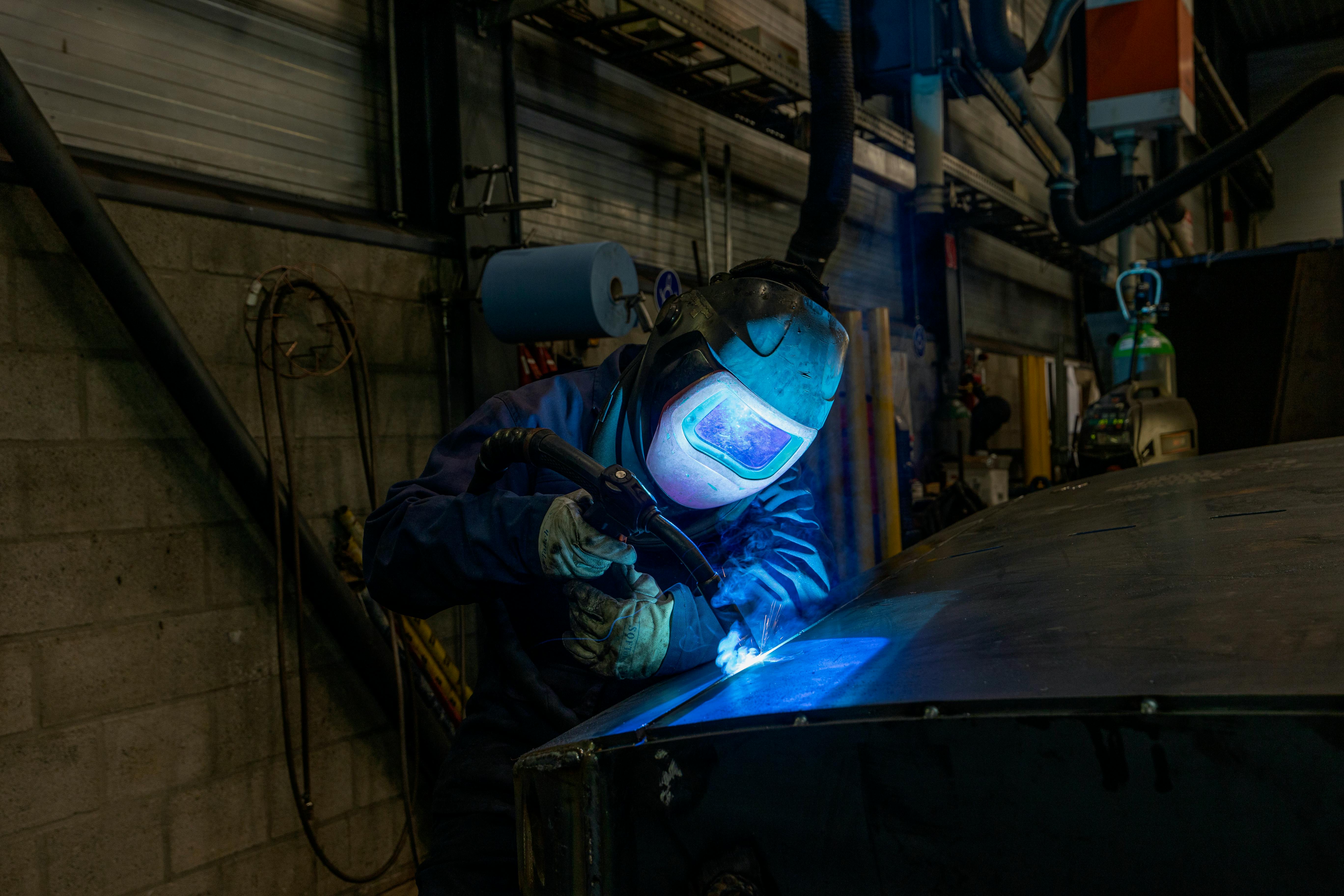
Sheet metal parts often form the core structure of machines, equipment, and consumer products. A small miscalculation in thickness, bend angle, or hole alignment can lead to significant failures. Precision in fabrication ensures:
- Interchangeability – Parts fit seamlessly in assemblies.
- Reliability – Consistency across production runs.
- Durability – Structural integrity and safety.
- Aesthetic Finish – Essential for consumer-facing products.
In Bangalore’s competitive industrial market, companies that achieve high precision with minimal waste stand apart as leaders.
The Step-by-Step Process of Sheet Metal Fabrication
The art of fabrication blends traditional craftsmanship with modern automation. Here’s a breakdown of key processes:
1. Design and Prototyping
Fabrication begins with CAD (Computer-Aided Design) models and CAM (Computer-Aided Manufacturing) software. Engineers simulate stress tests, tolerances, and assembly requirements before production. Prototyping helps refine designs, reducing errors during full-scale production.
2. Cutting
Modern facilities in Bangalore use advanced methods such as:
- Laser Cutting – Delivers high precision with minimal heat distortion.
- Plasma Cutting – Faster for thick materials.
- Waterjet Cutting – Suitable for heat-sensitive materials.
- Shearing – Economical for straight-line cuts.
3. Bending and Forming
Using CNC press brakes, rollers, and stamping machines, metal sheets are bent into desired angles and shapes without compromising integrity.
4. Punching and Stamping
Holes, embossments, or patterns are created using CNC punching machines, enabling intricate designs with repeatable accuracy.
5. Welding and Assembly
Fabricators in Bangalore employ MIG, TIG, and spot welding to join components securely. Robotic welding is increasingly popular for consistency and efficiency.
6. Surface Treatment and Finishing
Processes such as powder coating, painting, anodizing, and galvanizing protect metal from corrosion while enhancing appearance.
7. Quality Inspection
No fabrication process is complete without stringent quality control. Bangalore’s leading workshops use CMM (Coordinate Measuring Machines), laser scanners, and digital gauges to maintain global standards.
The Role of Technology in Bangalore’s Fabrication Industry
Bangalore’s sheet metal fabrication sector thrives because of its technology-driven ecosystem. Many companies integrate:
- CNC Machines – Ensuring repeatable precision with minimal manual intervention.
- Robotics & Automation – For high-volume production and efficiency.
- IoT Integration – Real-time monitoring of fabrication processes.
- AI-Driven Analytics – Predictive maintenance and process optimization.
This technology adoption positions Bangalore as a global manufacturing hub that can compete with advanced markets in Europe and the U.S.
Applications of Sheet Metal Fabrication Across Industries
The diversity of sheet metal fabrication makes it a critical enabler across multiple industries:
- Automotive Industry
- Chassis, brackets, panels, and exhaust systems rely on precise fabrication.
- Bangalore’s auto component market fuels demand for lightweight, durable parts.
- Aerospace & Defense
- Aircraft skins, wings, and missile components demand micron-level accuracy.
- Bangalore, home to HAL and DRDO facilities, drives aerospace-grade fabrication.
- Electronics & Electricals
- Enclosures, racks, and casings for servers, computers, and consumer electronics.
- Sheet metal ensures EMI shielding and aesthetic design.
- Construction & Infrastructure
- Facades, ducting, roofing, and support structures.
- Fabrication enables custom architectural designs.
- Medical Equipment
- Stainless steel fabrication for operating tables, diagnostic machines, and hospital furniture.
- Renewable Energy
- Solar panel mounting systems, wind turbine housings, and battery enclosures.
This cross-industry demand highlights why Bangalore is at the forefront of India’s fabrication revolution.
Why Bangalore is Emerging as a Hub for Sheet Metal Fabrication
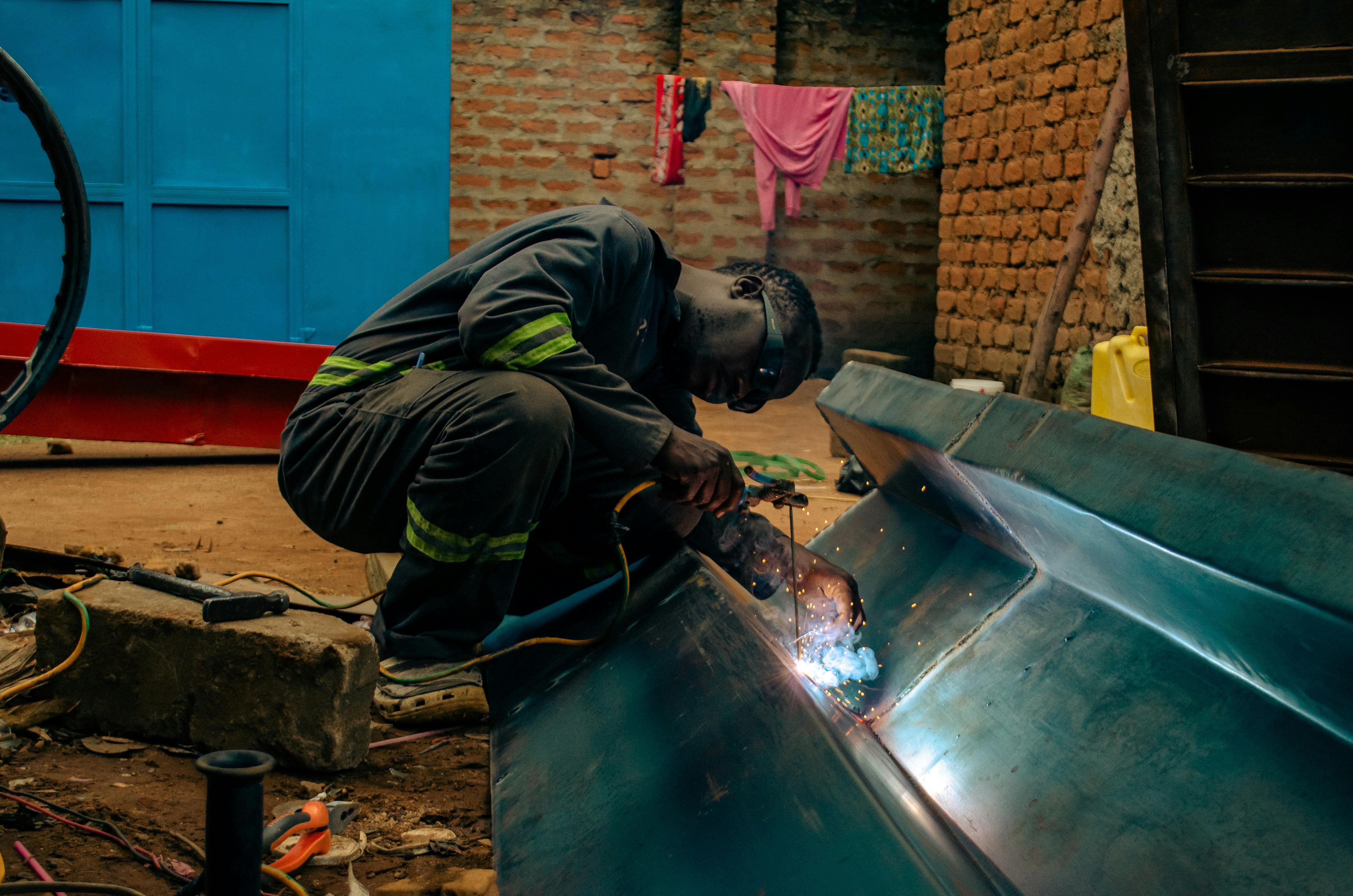
Several factors make Bangalore the ideal location for fabrication services:
- Proximity to Diverse Industries – From IT hardware to aerospace, industries cluster in Bangalore, creating continuous demand.
- Skilled Workforce – A pool of engineers, designers, and technicians trained in modern manufacturing.
- Global Connectivity – Strong logistics and supply chain infrastructure.
- Innovation Ecosystem – Collaboration with R&D institutions like IISc and NAL.
- Cost Advantage – Compared to global markets, fabrication in Bangalore offers cost-effective precision engineering.
Challenges in Sheet Metal Fabrication
Despite advancements, the industry faces challenges:
- Material Costs – Fluctuations in steel and aluminum prices affect pricing.
- Skill Gaps – Need for continuous upskilling in CNC and automation.
- Energy Consumption – Fabrication is power-intensive; sustainability remains a concern.
- Customization Demands – Increasing requirement for small-batch, highly specialized production.
Bangalore’s firms are addressing these challenges through lean manufacturing, renewable energy adoption, and training initiatives.
Sustainability in Fabrication
As industries move toward green manufacturing, Bangalore’s fabricators are adopting sustainable practices:
- Recycling scrap metal to reduce waste.
- Using solar-powered workshops.
- Implementing energy-efficient CNC machinery.
- Applying eco-friendly coatings and finishes.
This shift toward sustainability aligns with India’s Make-in-India and Net Zero goals.
Choosing the Right Fabrication Partner in Bangalore
When selecting a sheet metal fabrication company, businesses should evaluate:
- Experience & Expertise – Proven track record across industries.
- Technology Stack – Availability of CNC, laser, and automated equipment.
- Quality Certifications – ISO 9001, AS9100, or industry-specific certifications.
- Capacity & Scalability – Ability to handle prototypes and mass production.
- Customization & Flexibility – Tailored solutions for unique requirements.
- After-Sales Support – Post-fabrication assistance and assembly services.
Local leaders such as Zeometrix exemplify how Bangalore-based fabricators deliver precision, durability, and value to global clients.
The Future of Sheet Metal Fabrication in Bangalore
The industry is set to evolve with trends like:
- Smart Factories – IoT-enabled, AI-driven production lines.
- 3D Printing with Metal – Hybrid approaches combining additive and subtractive manufacturing.
- Collaborative Robotics (Cobots) – Enhancing worker safety and efficiency.
- Global Outsourcing – Multinationals seeking Bangalore for cost-effective, high-precision fabrication.
With these innovations, Bangalore is poised to become a world-class fabrication hub, driving India’s industrial growth.
Conclusion
-min.jpg)
Sheet metal fabrication is more than just bending or cutting it is an art form that balances creativity, engineering, and technology. In Bangalore, this art has reached new heights, powered by a dynamic mix of skilled professionals, advanced machinery, and a robust industrial ecosystem.
From aerospace components to consumer electronics, the precision and perfection achieved in Bangalore’s workshops demonstrate why the city is becoming synonymous with quality fabrication. For businesses seeking reliability, cost-effectiveness, and world-class standards, Bangalore stands as the ultimate destination for sheet metal fabrication.
